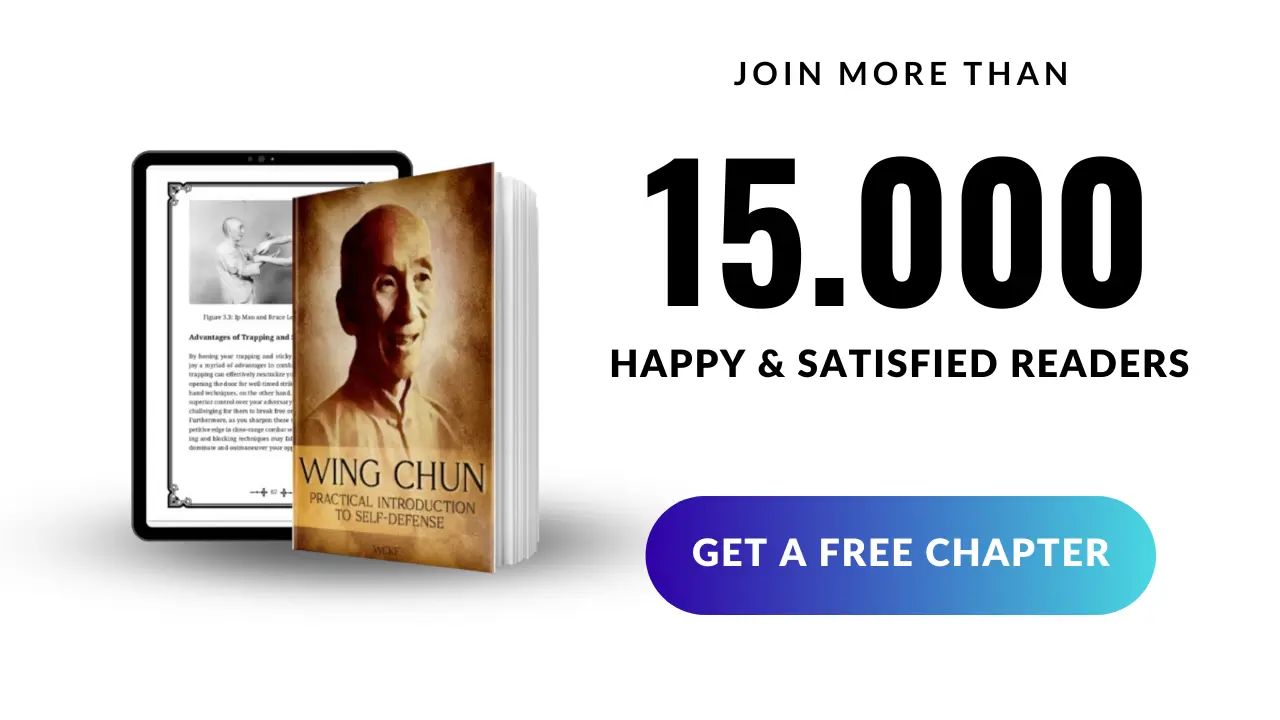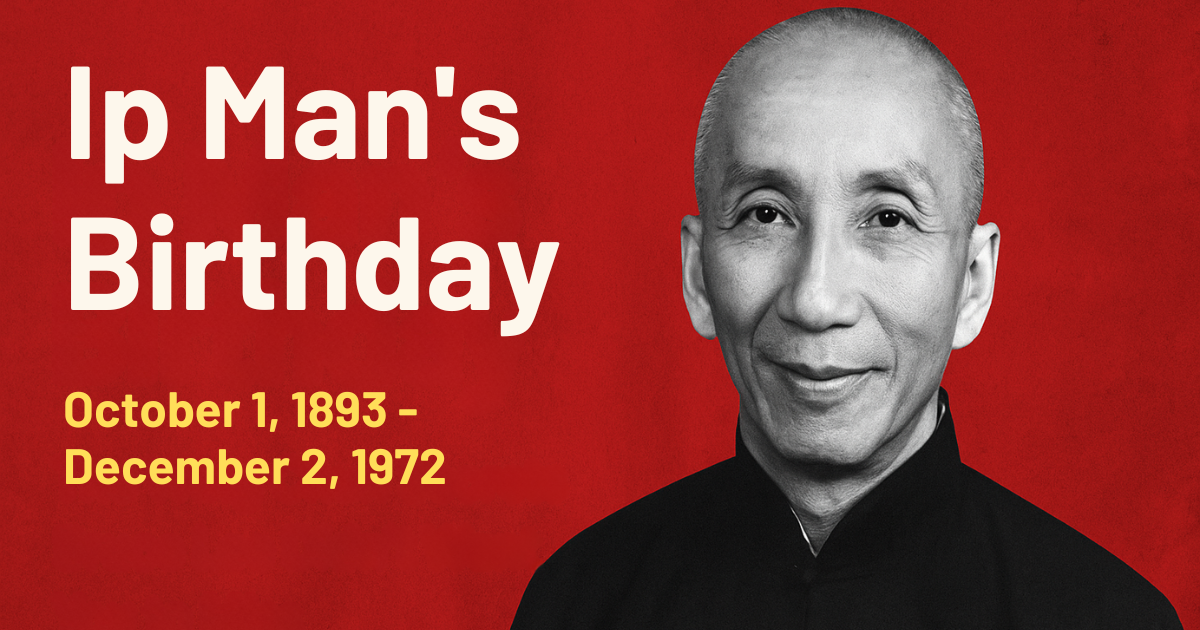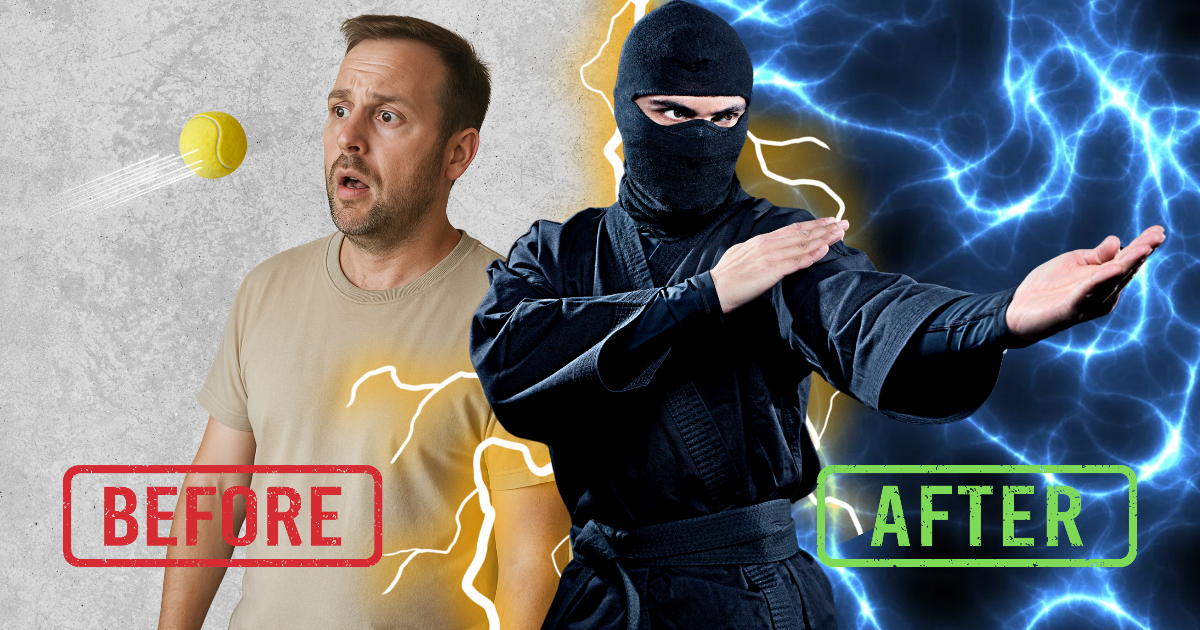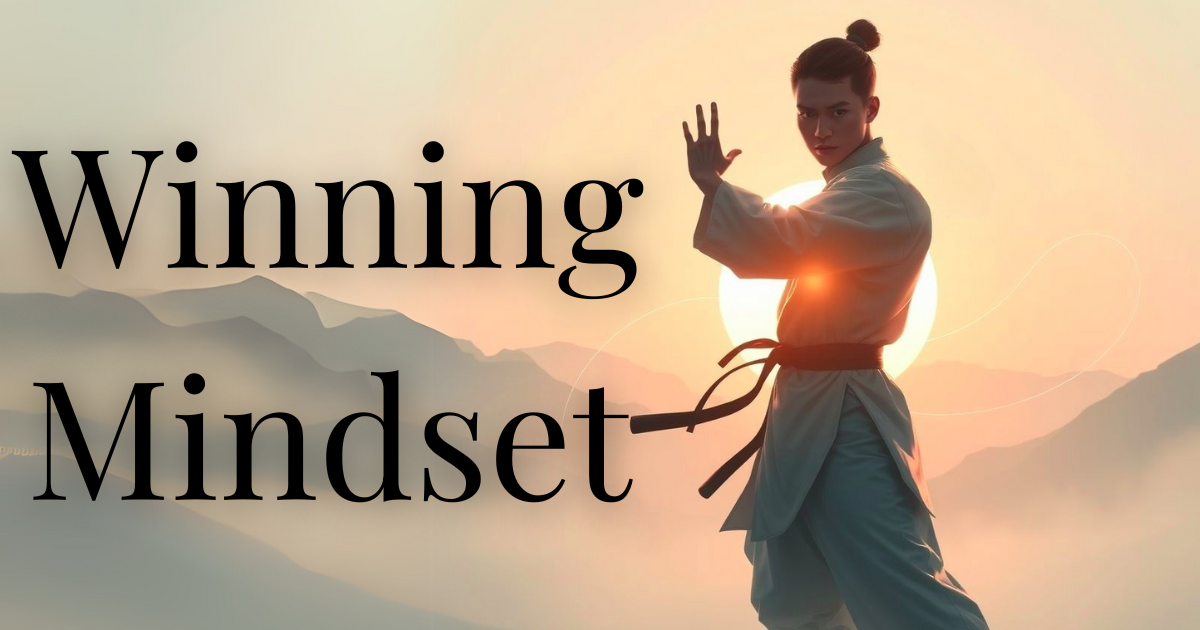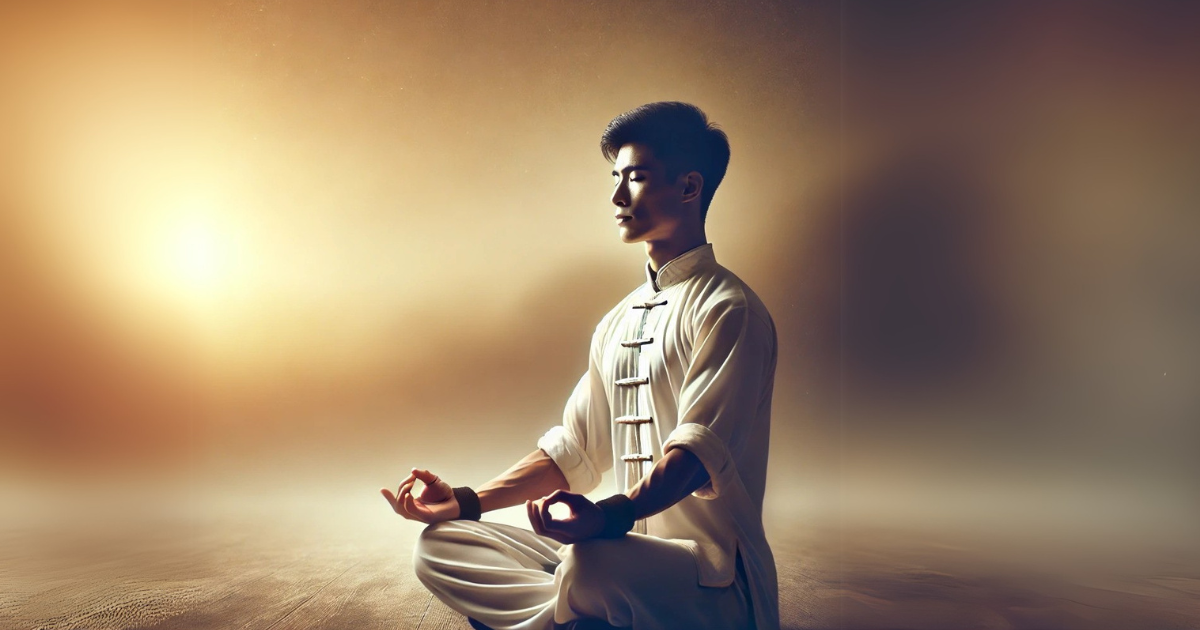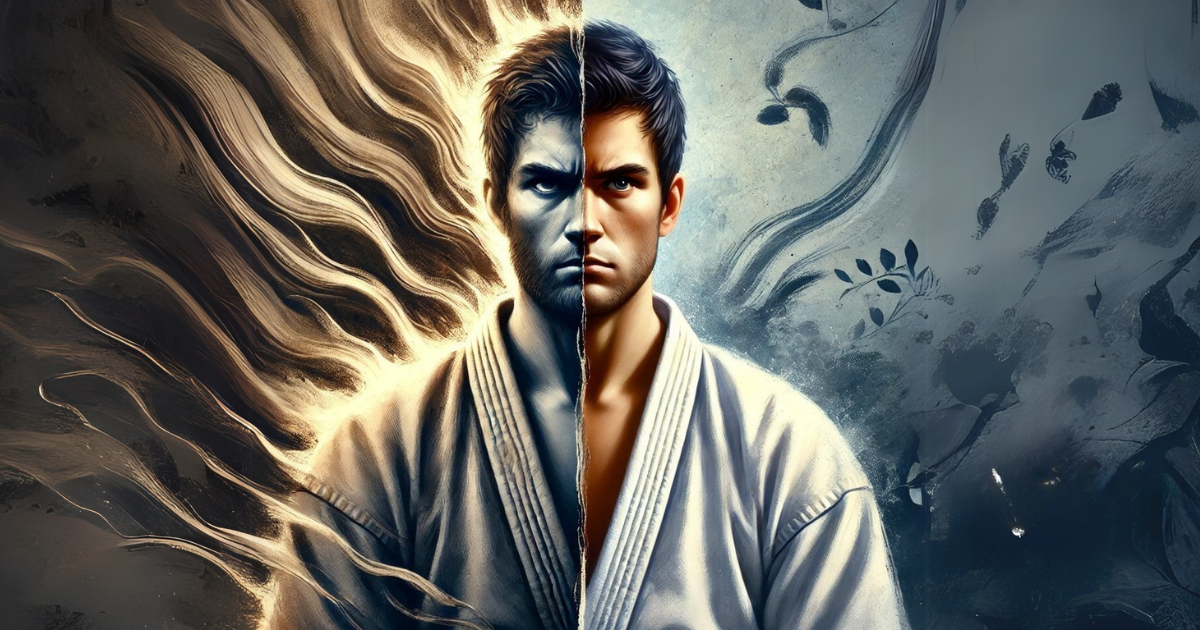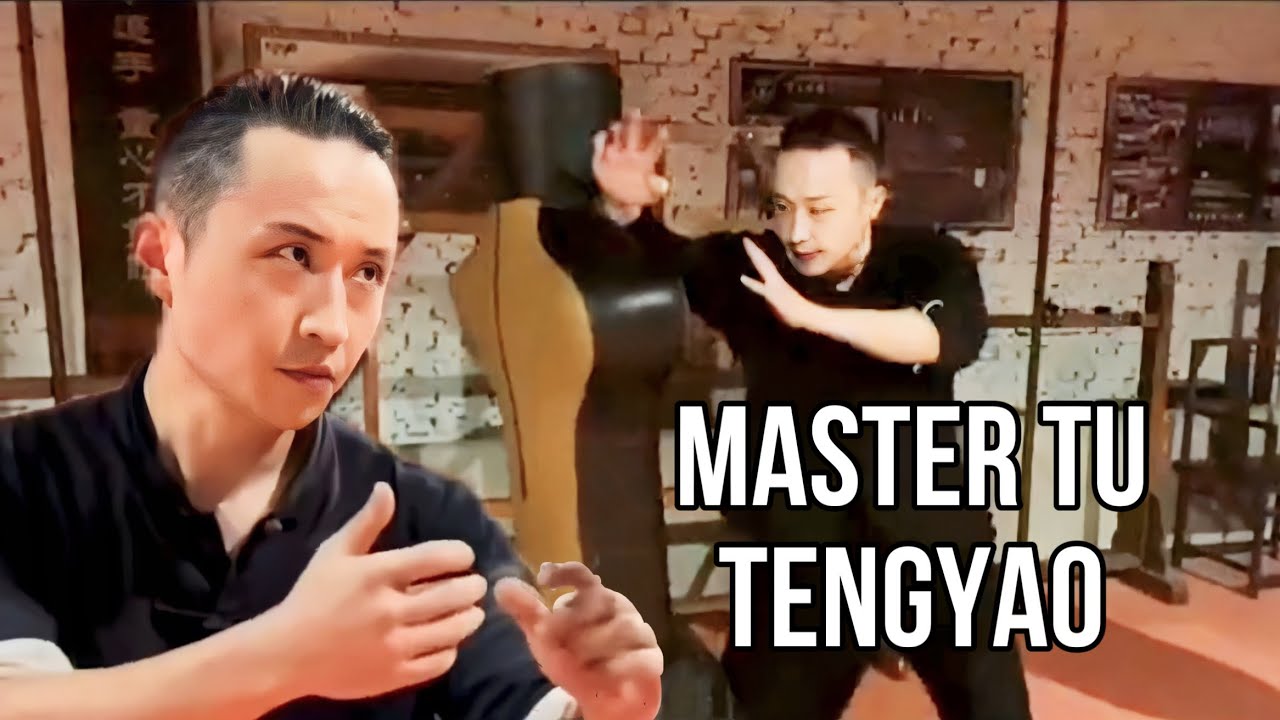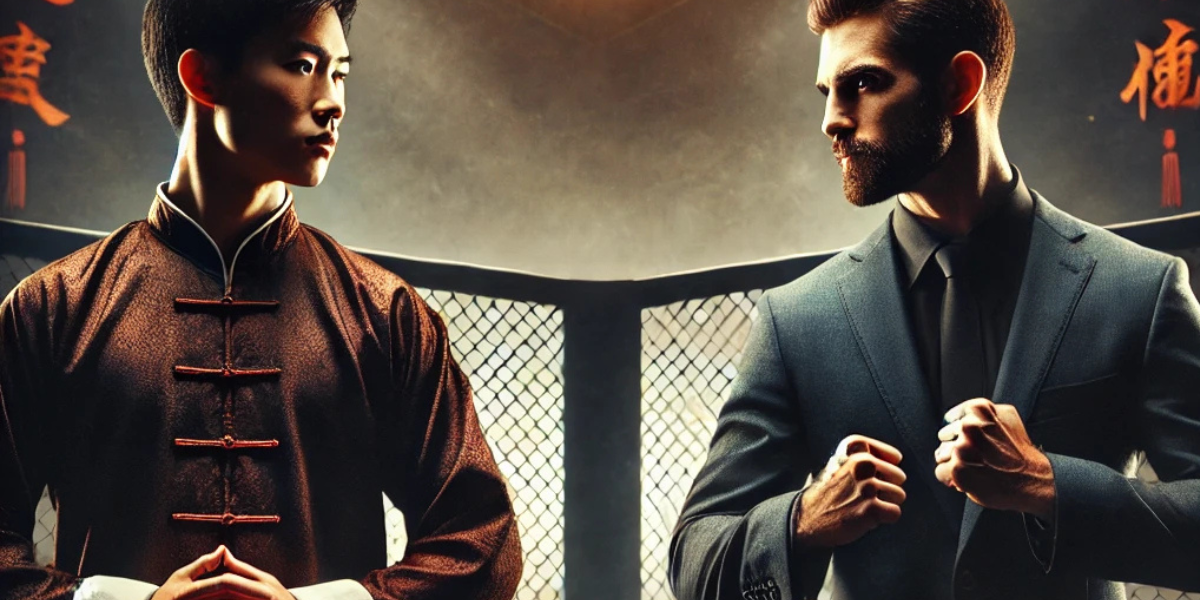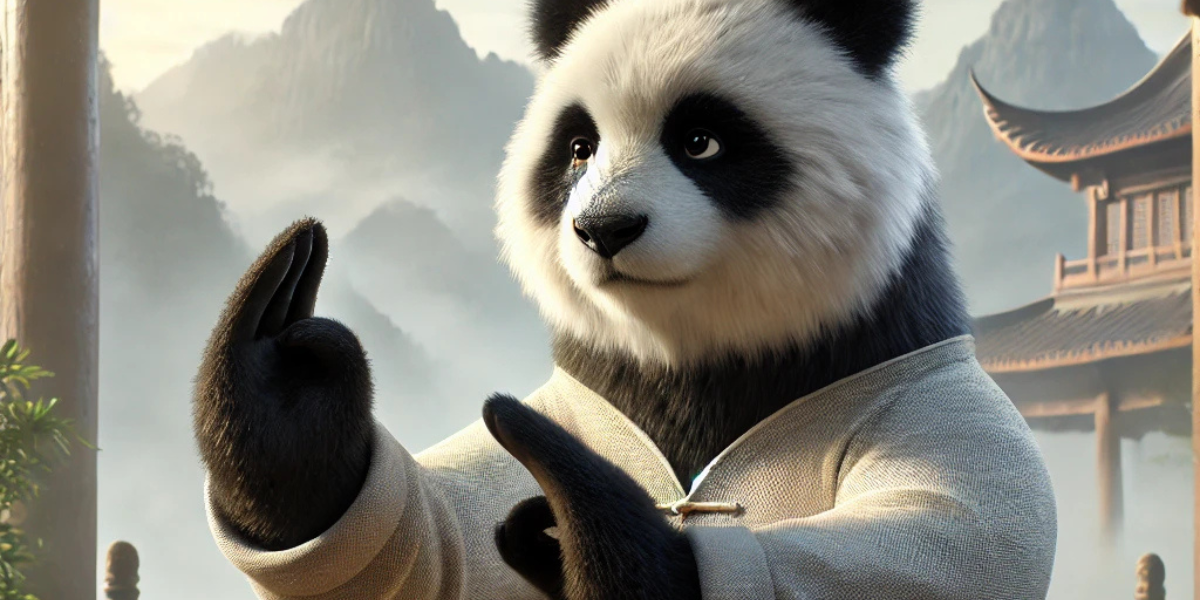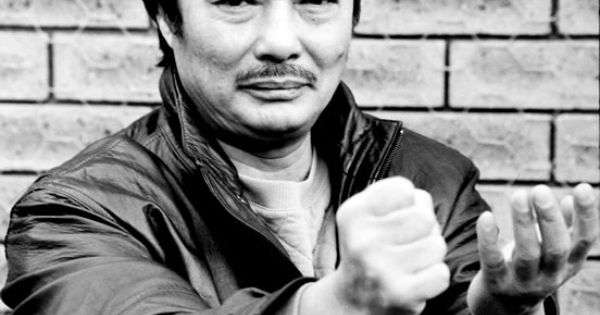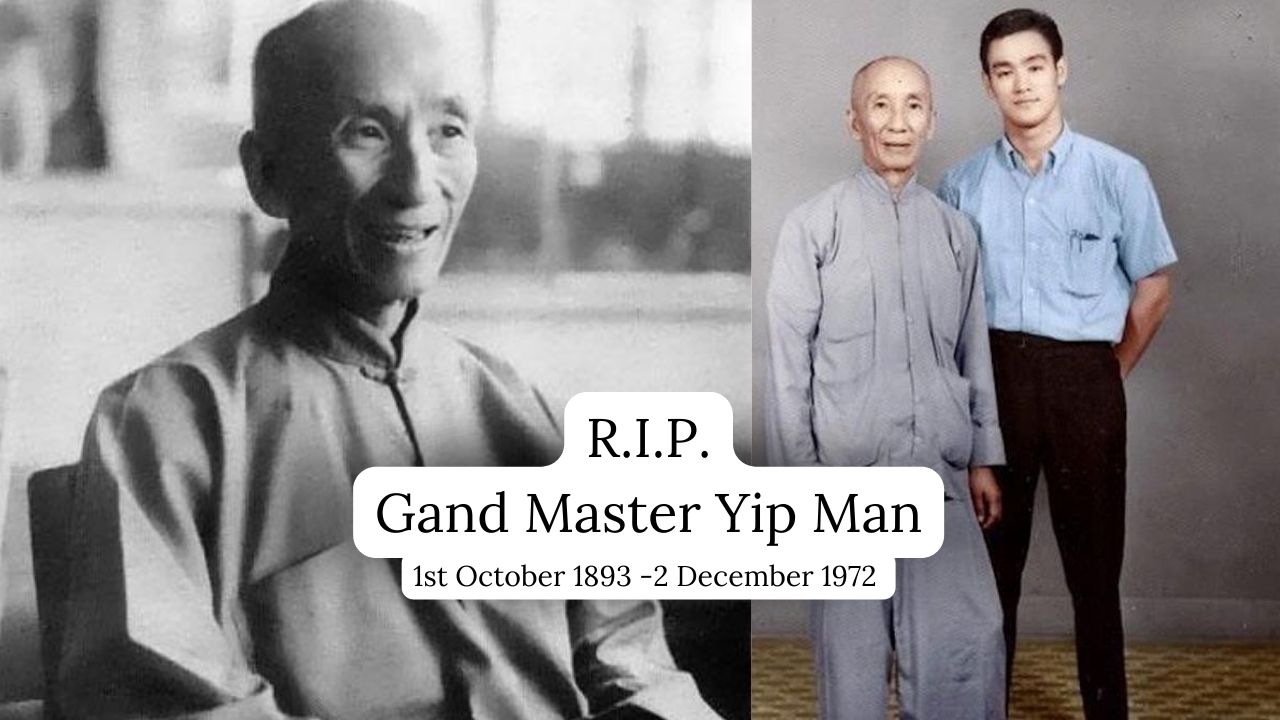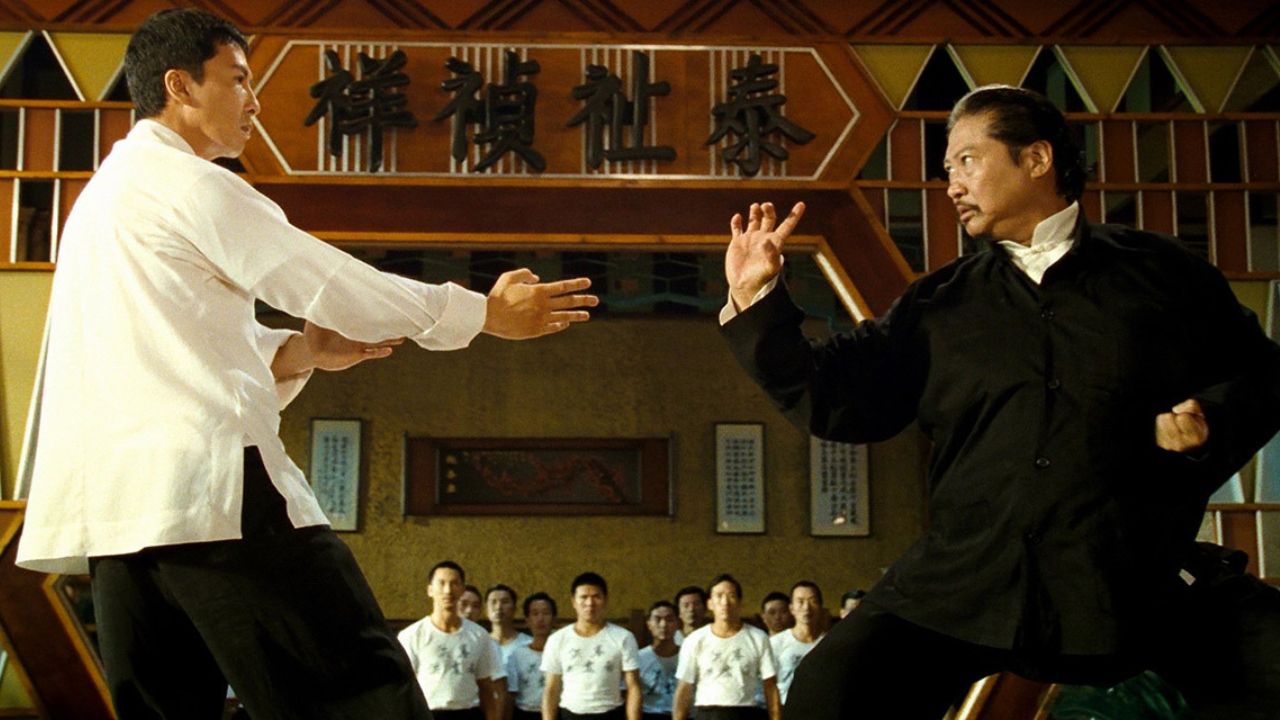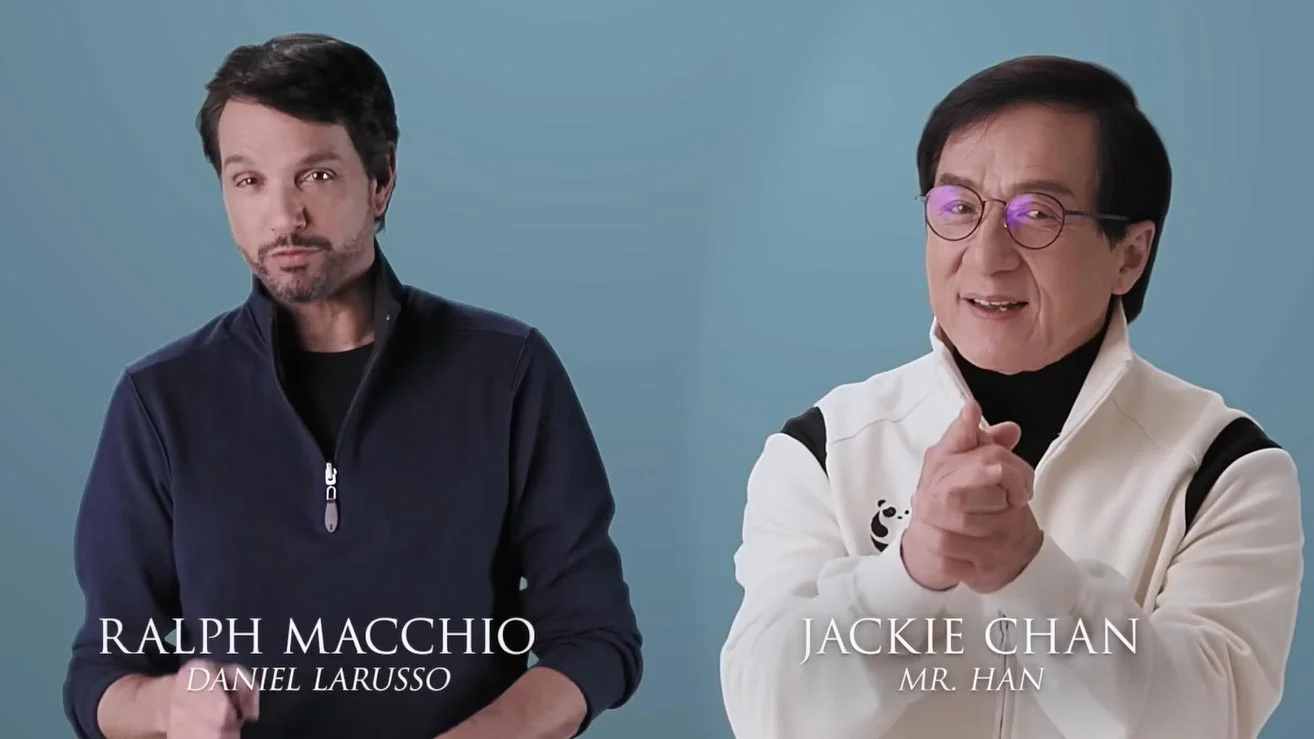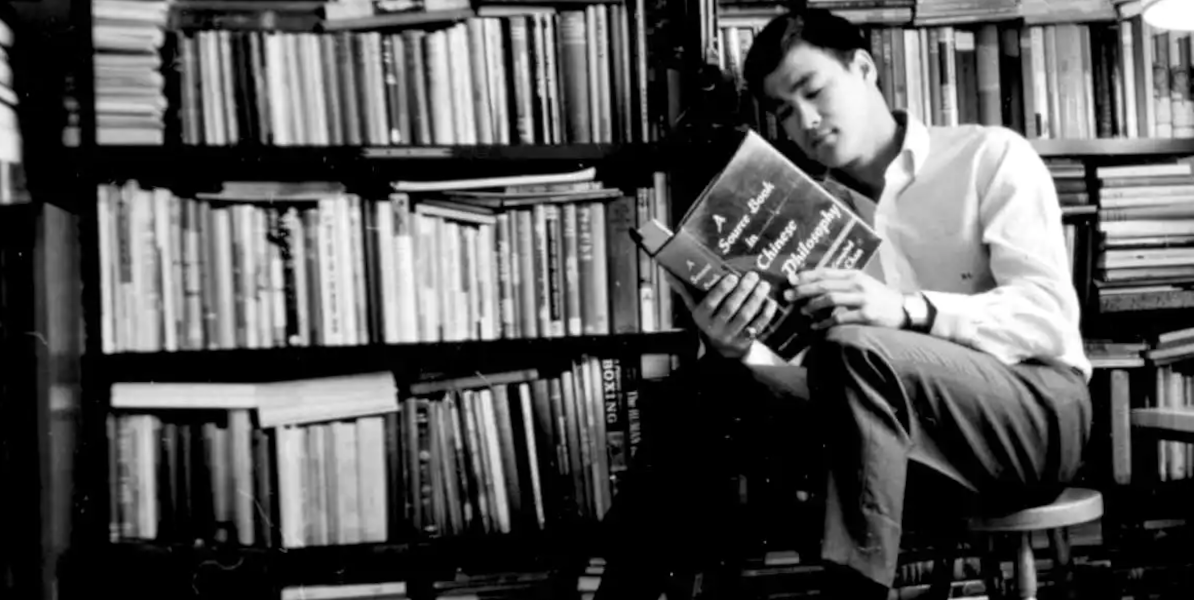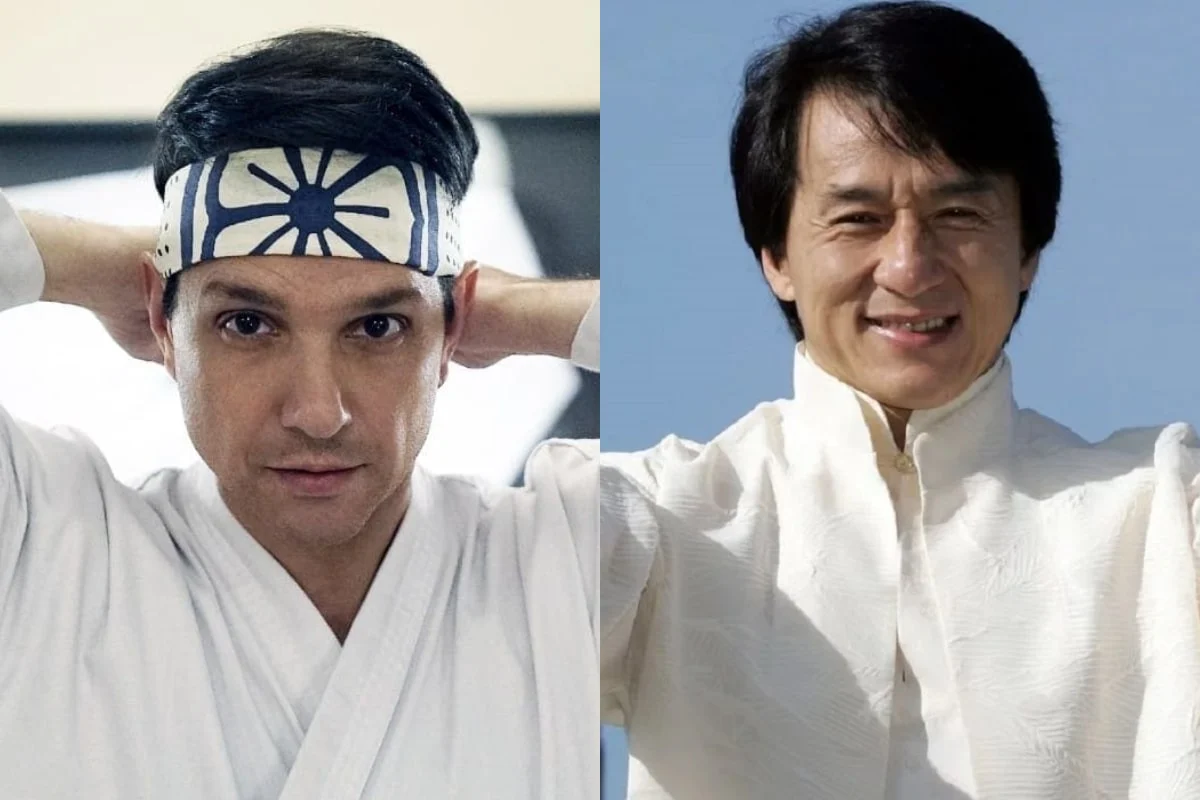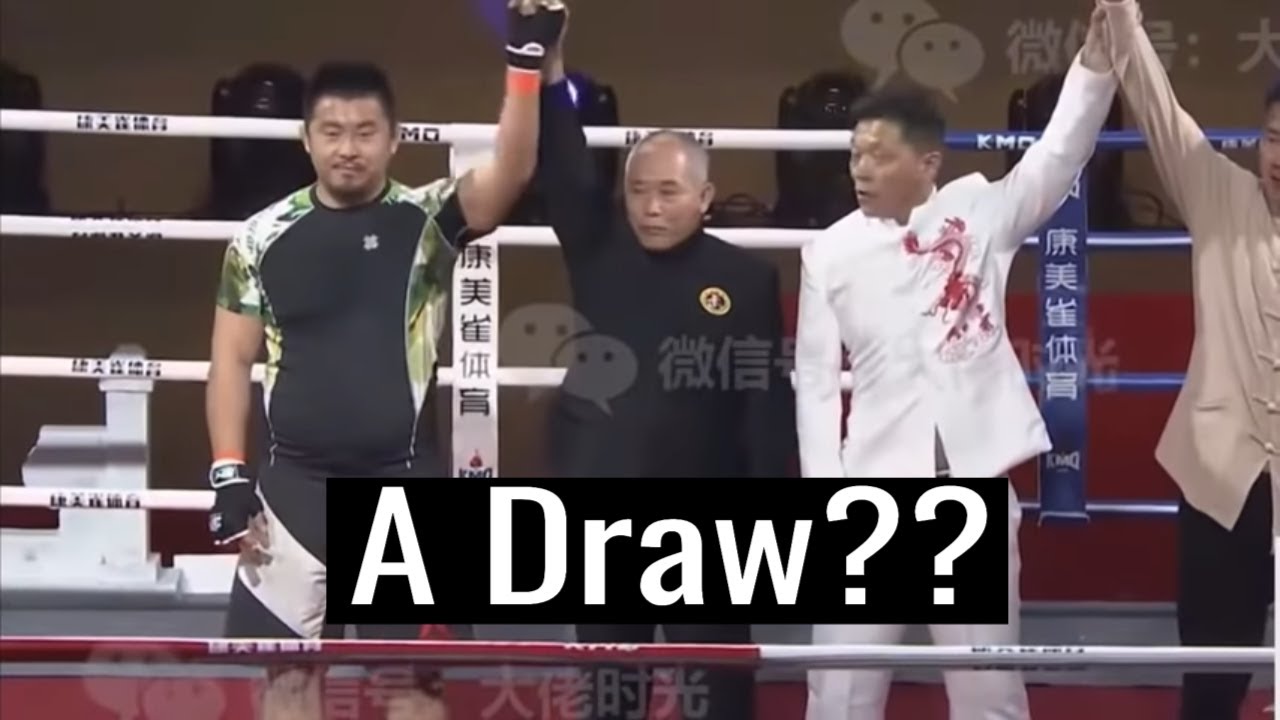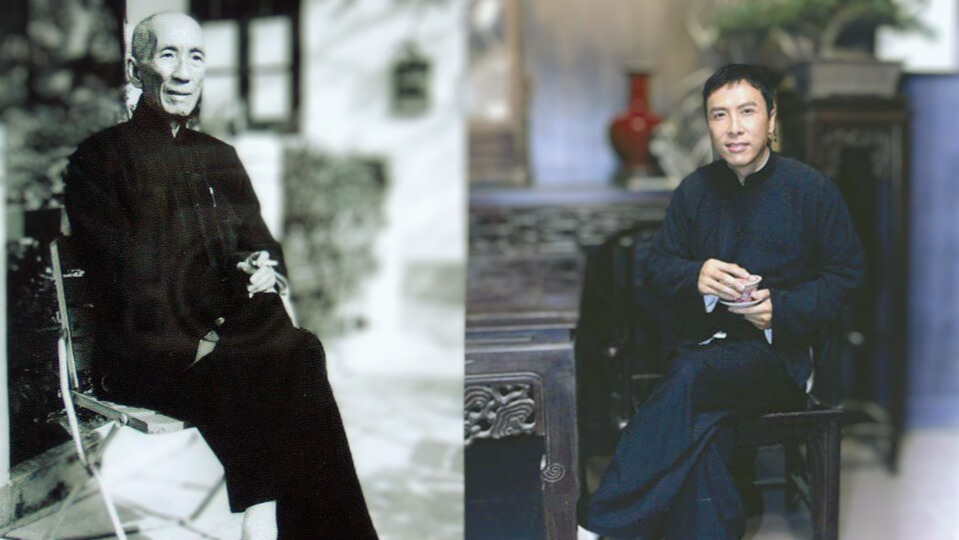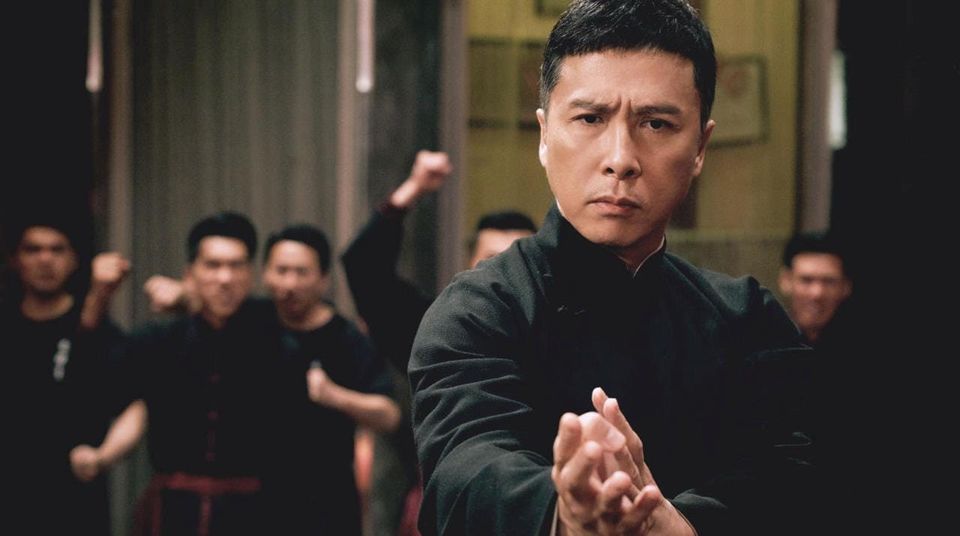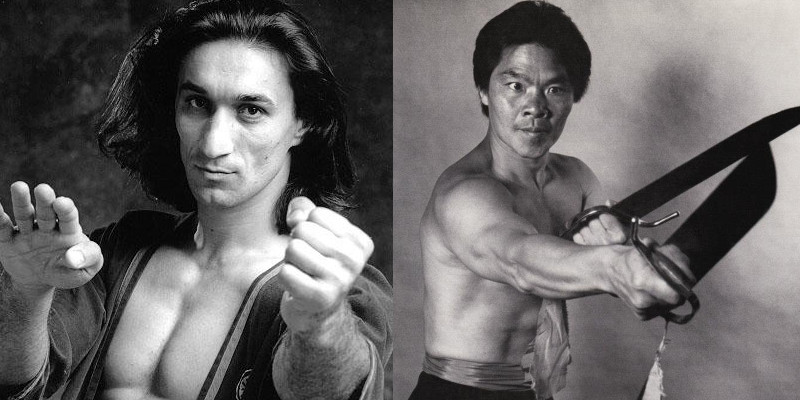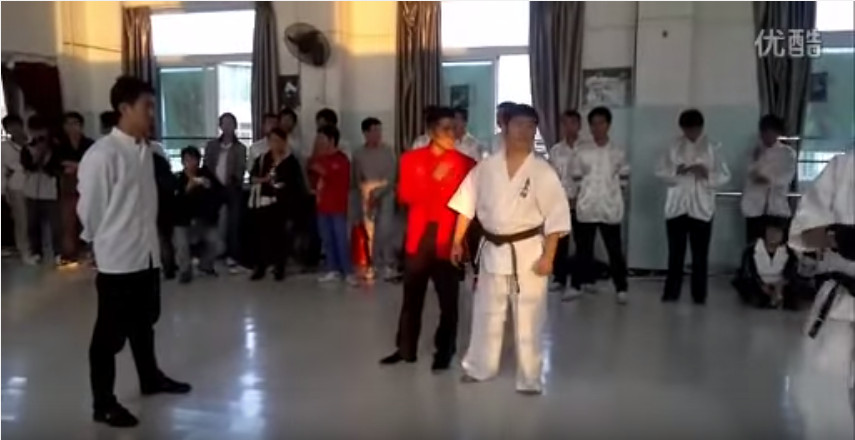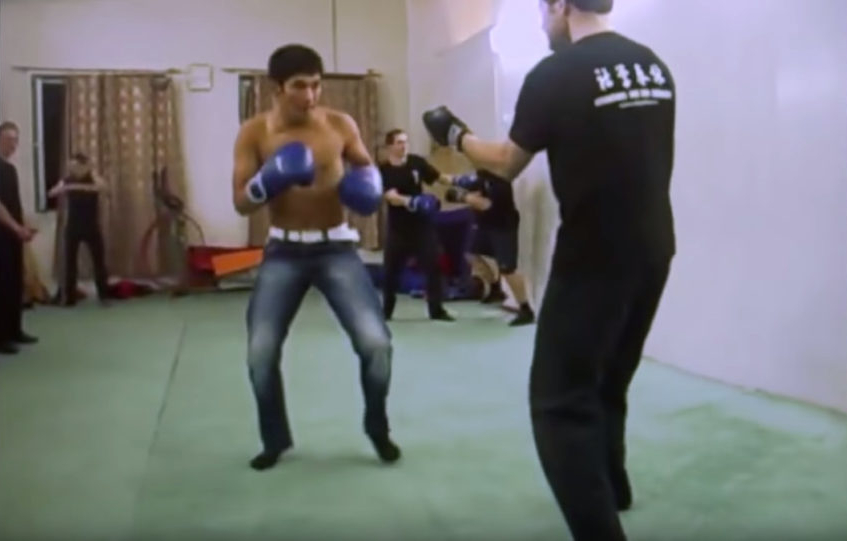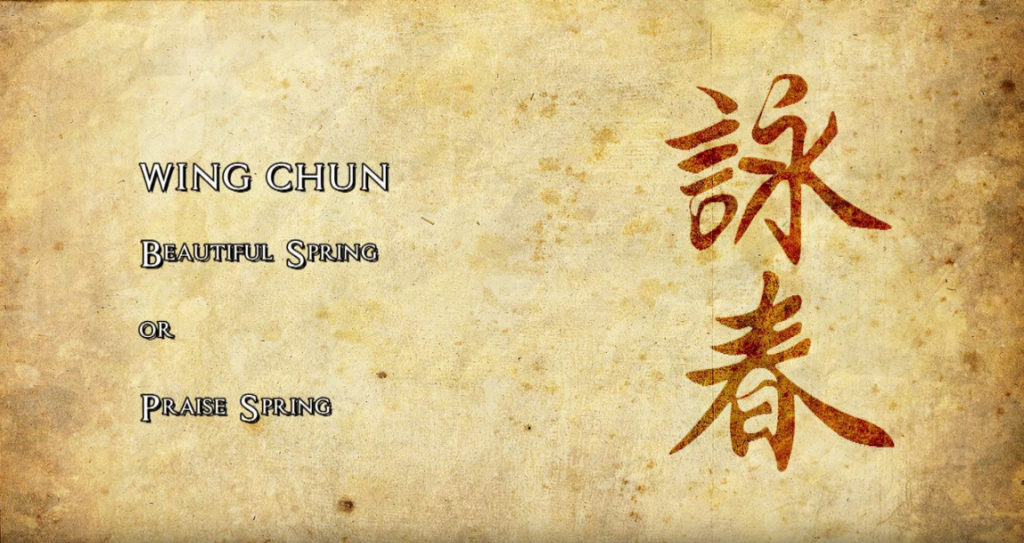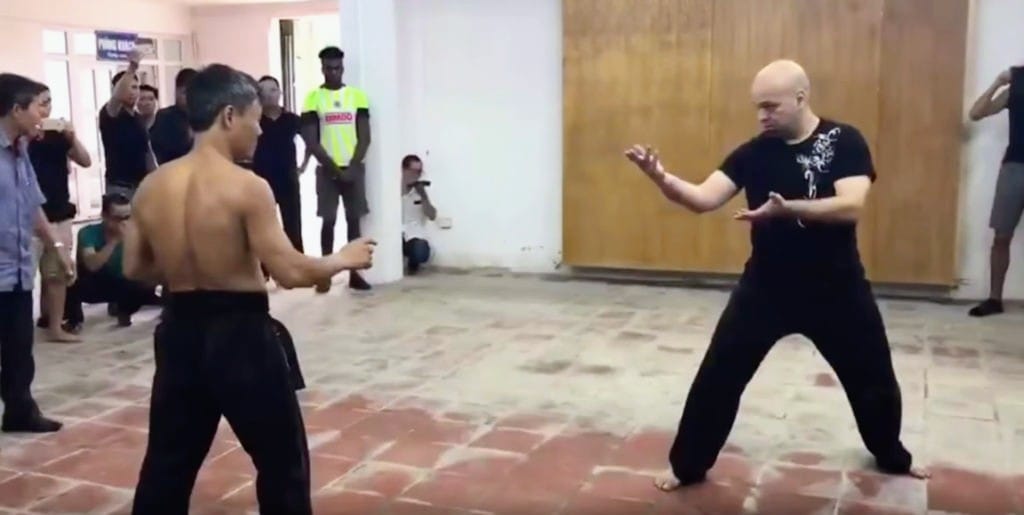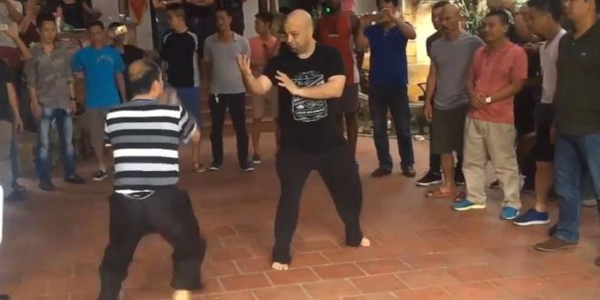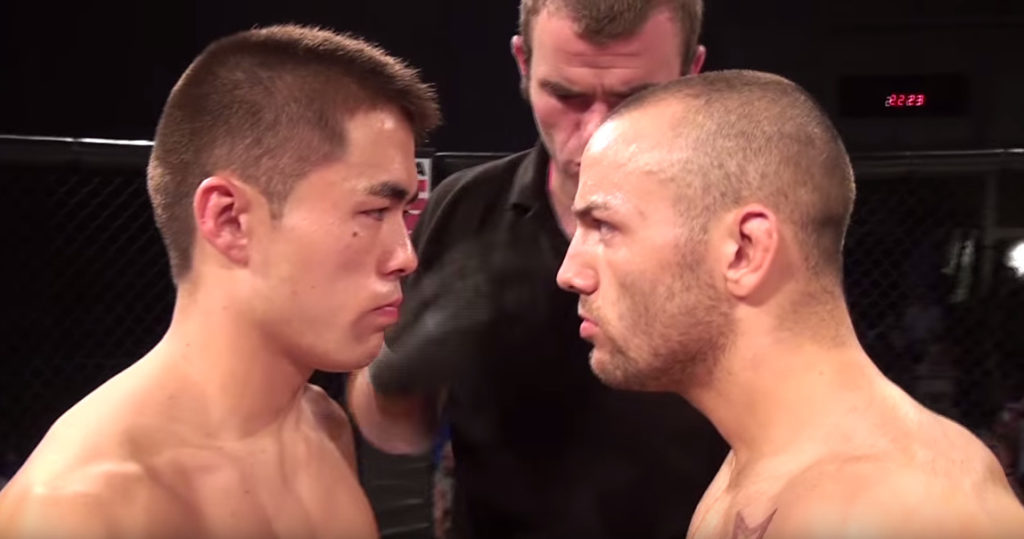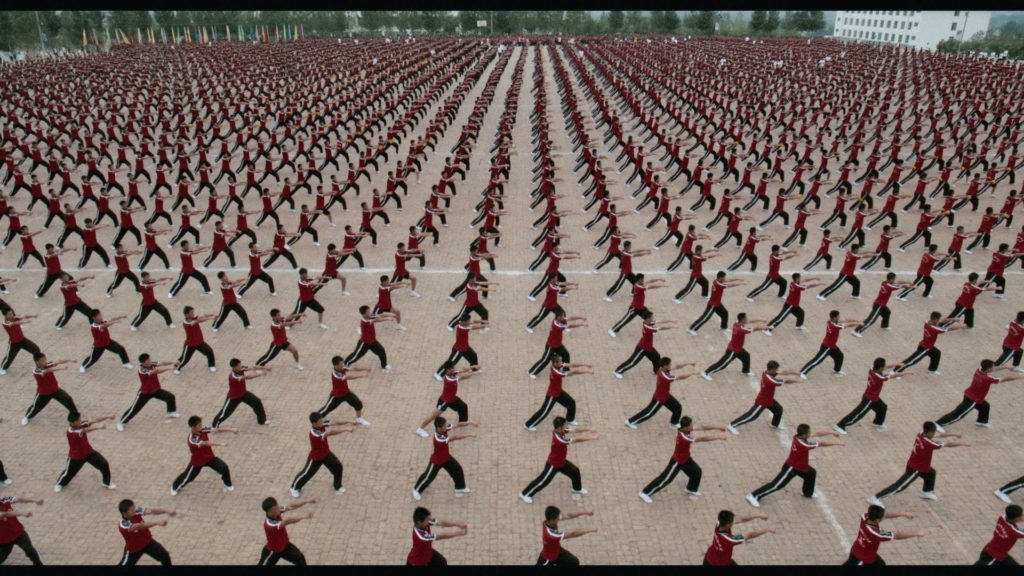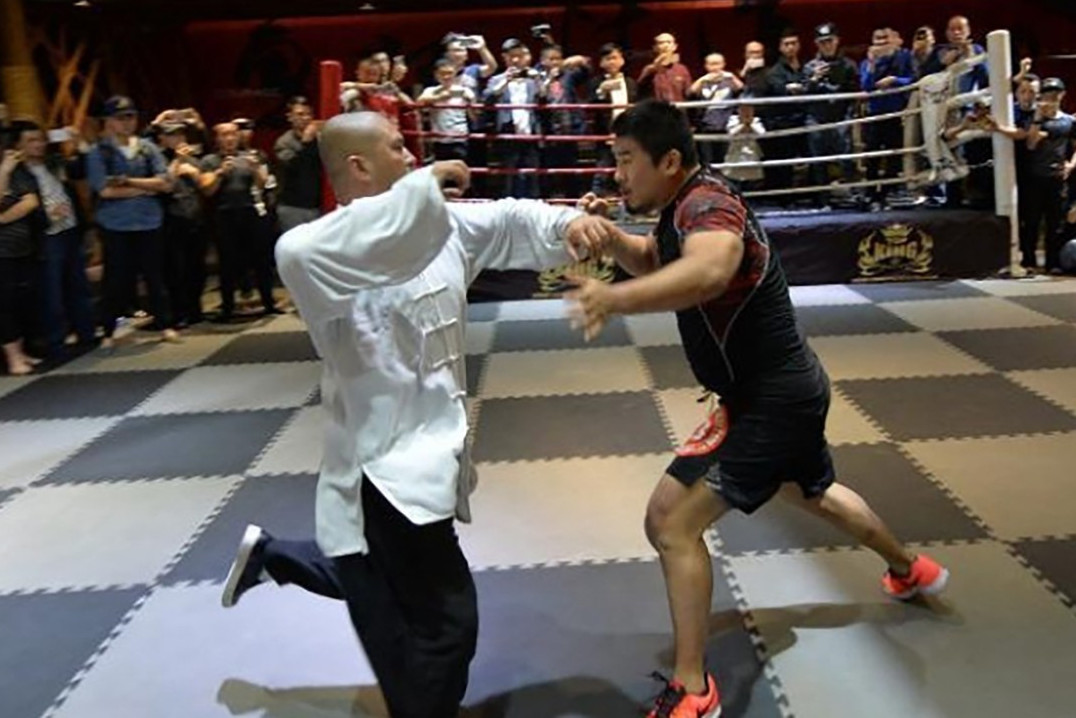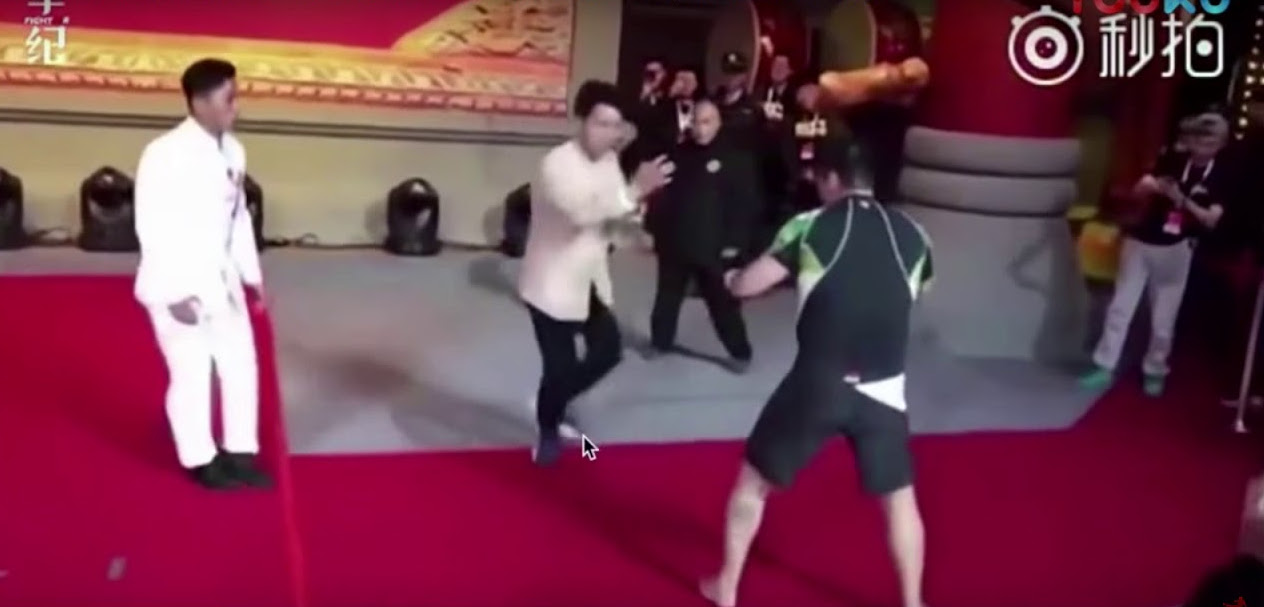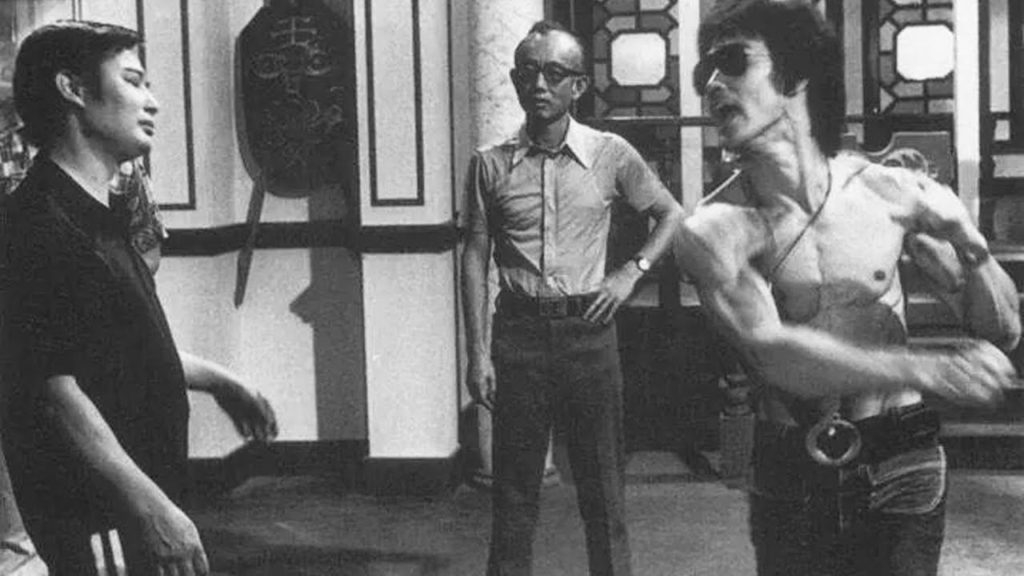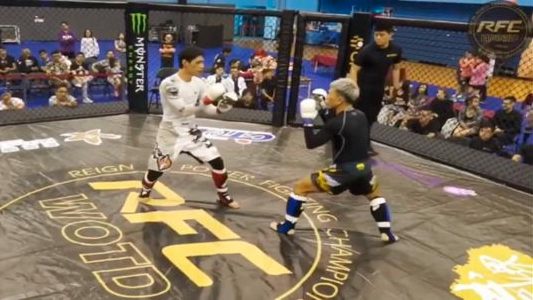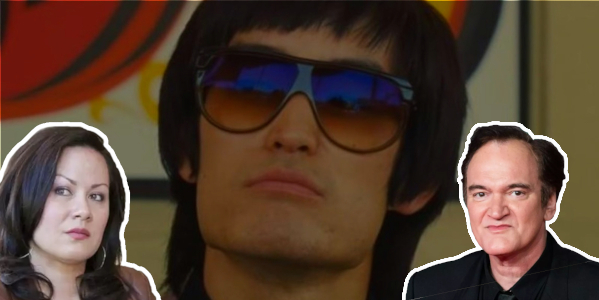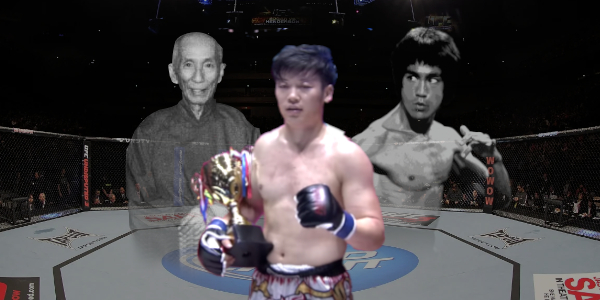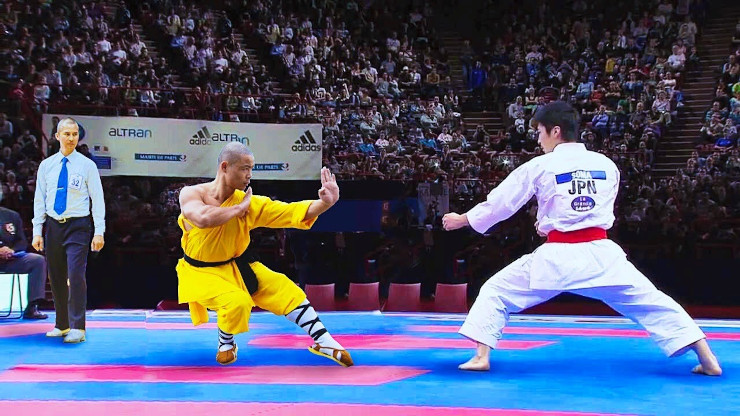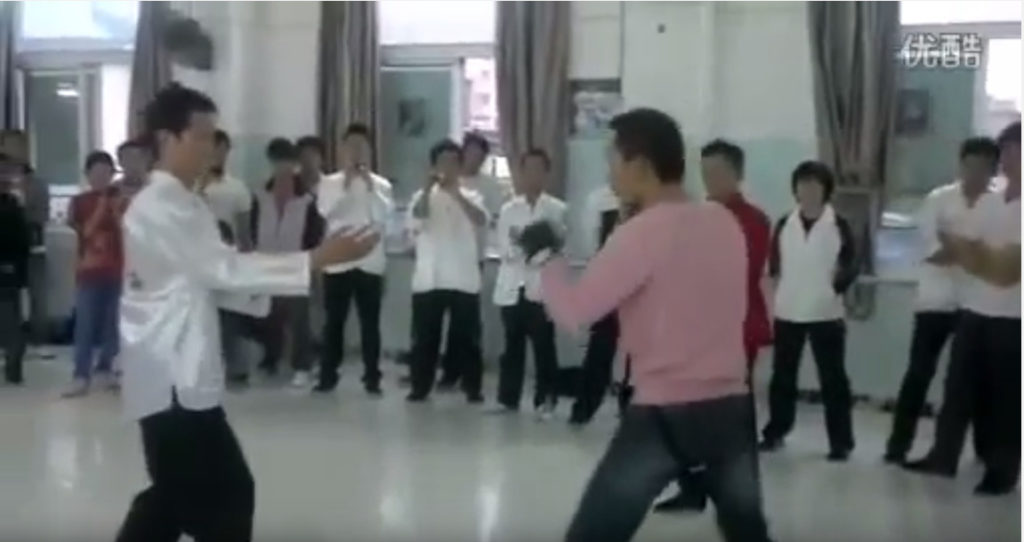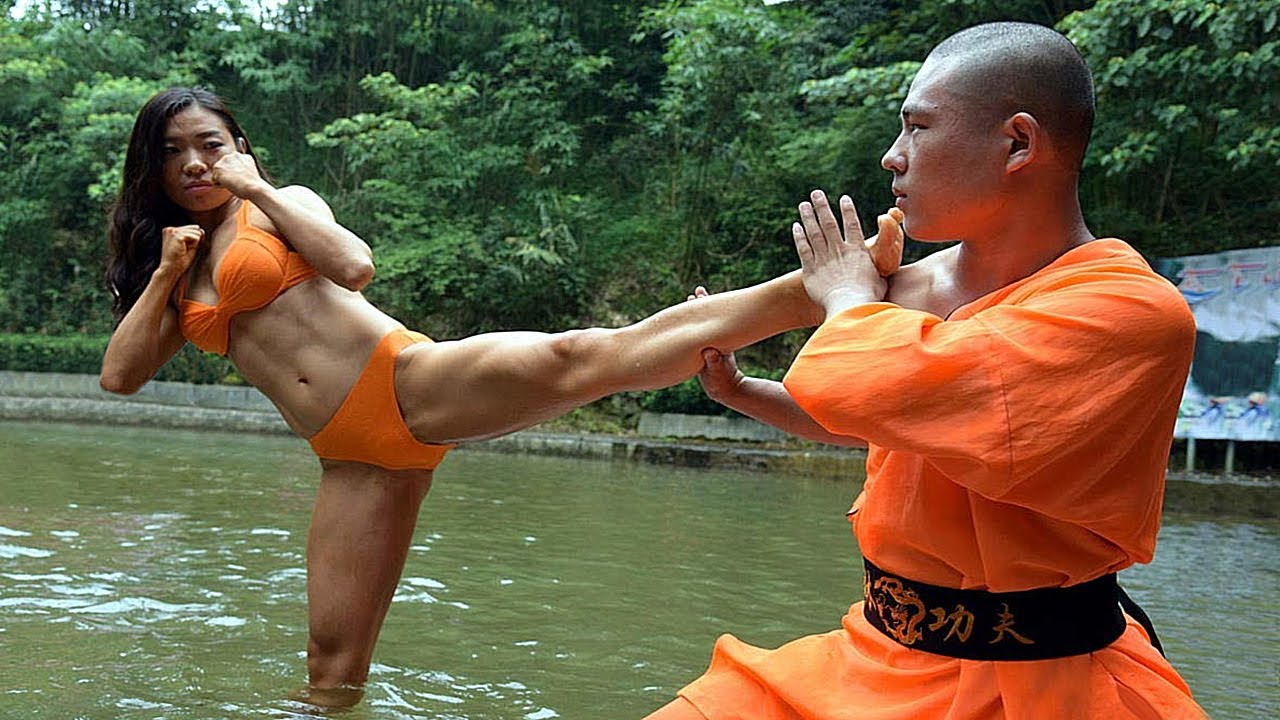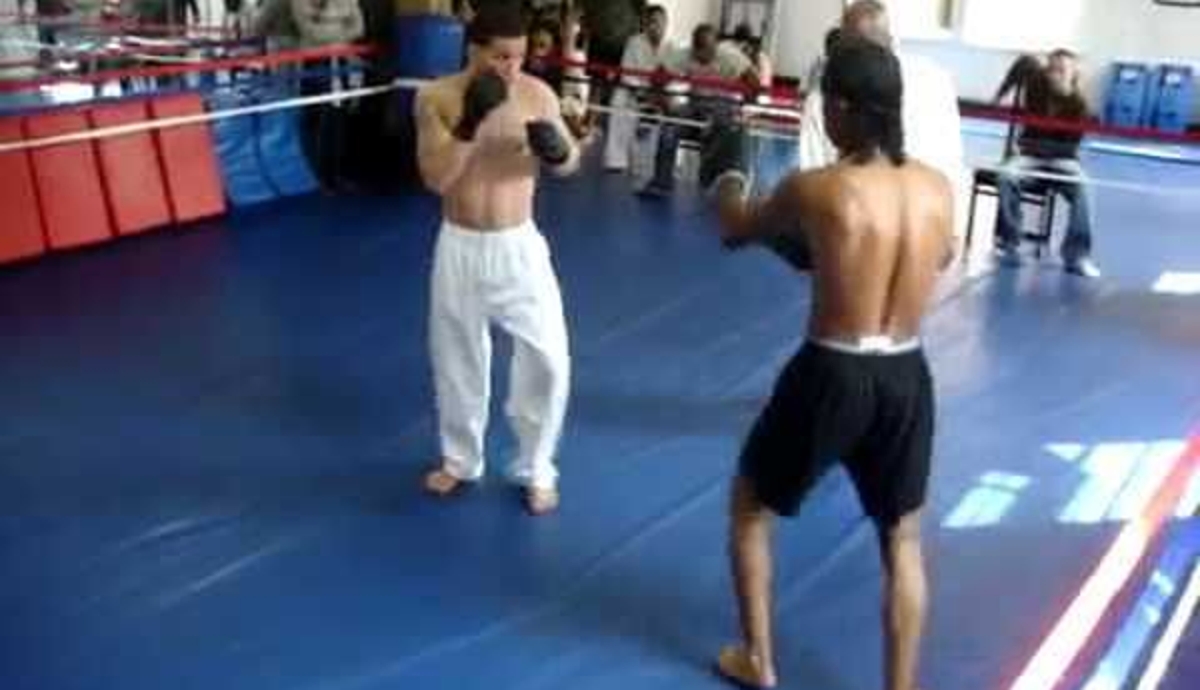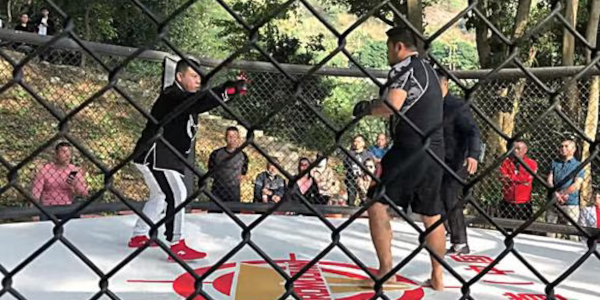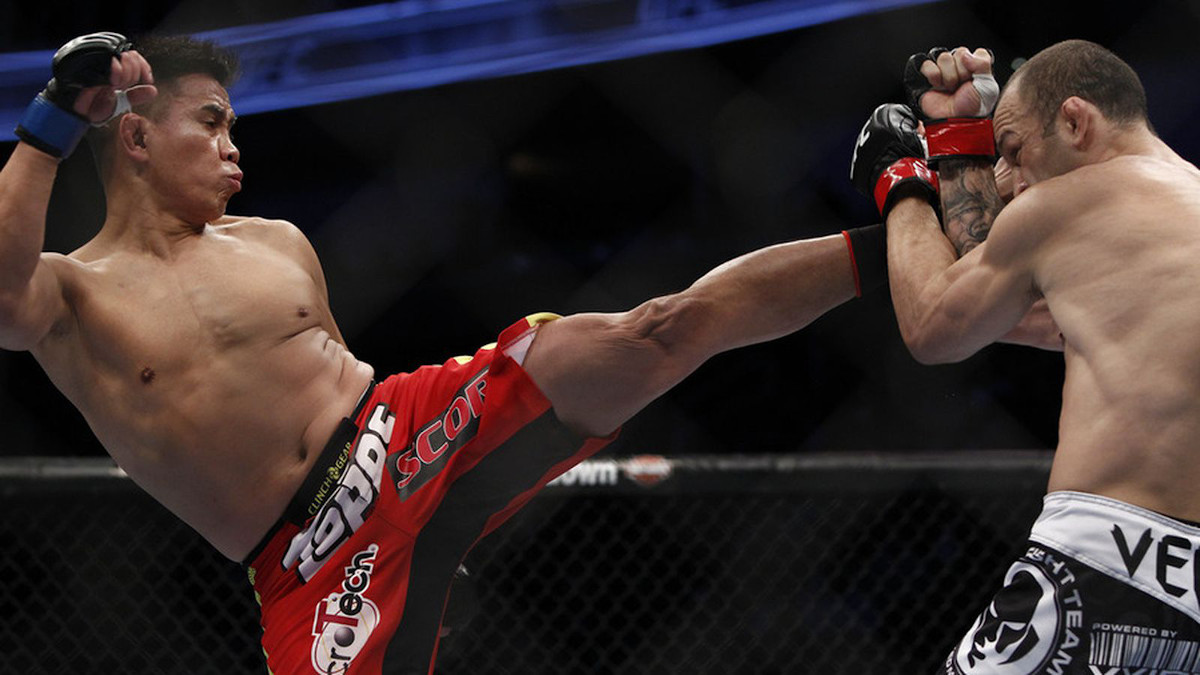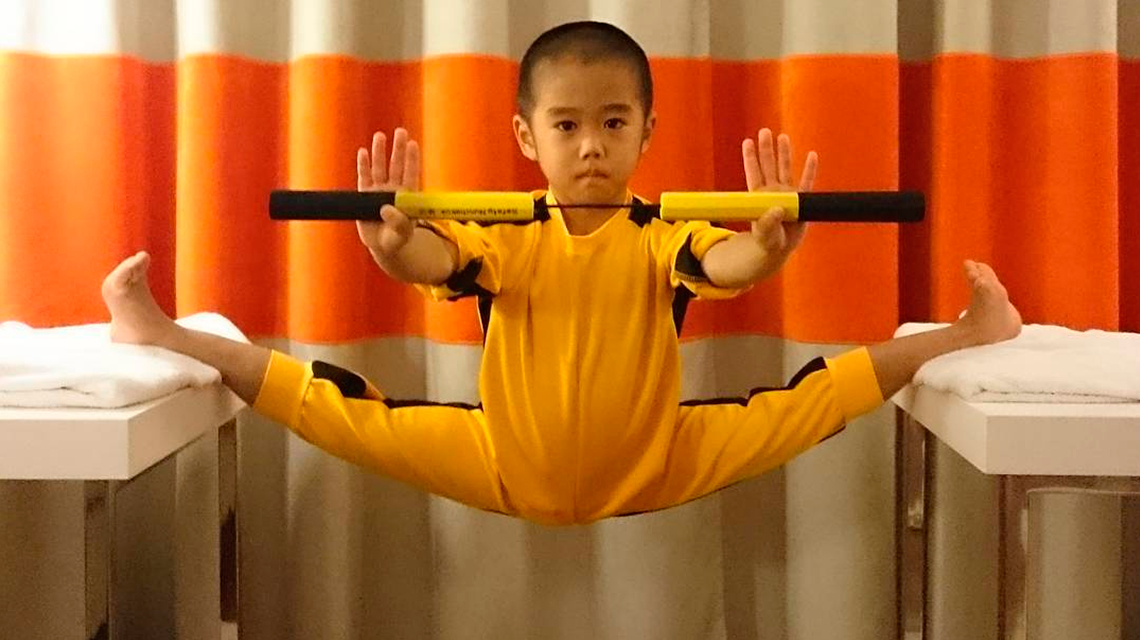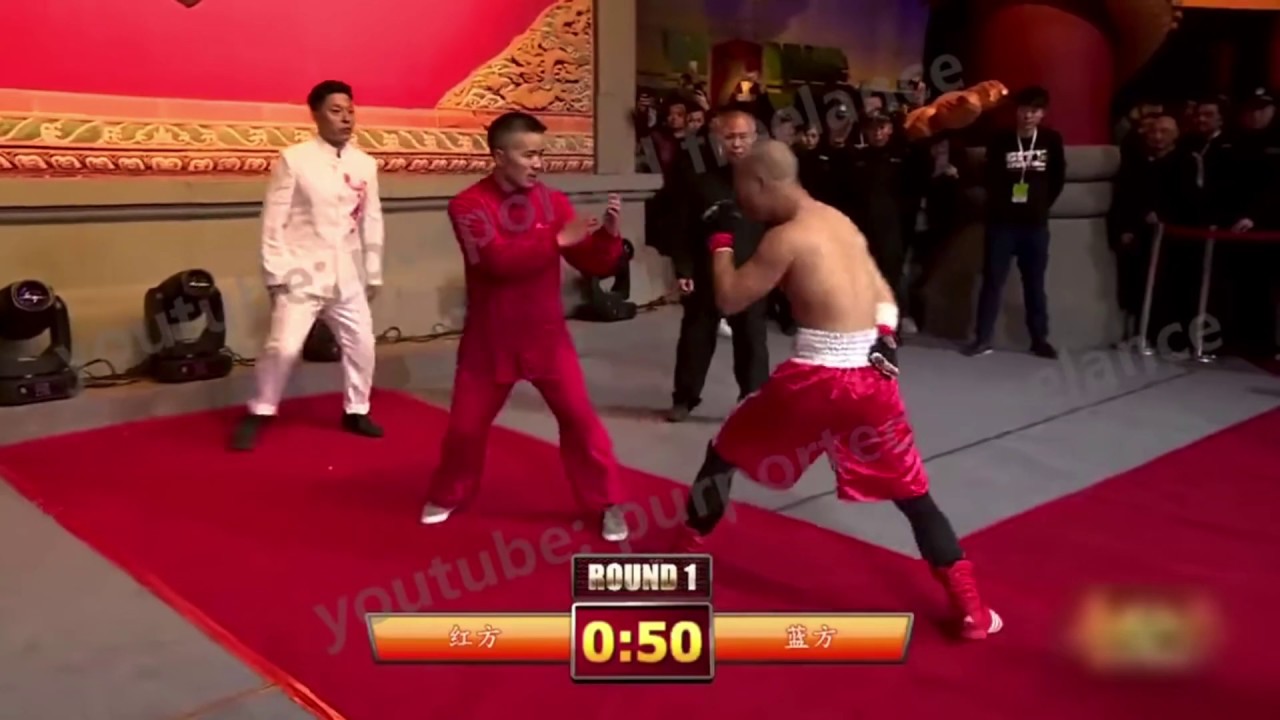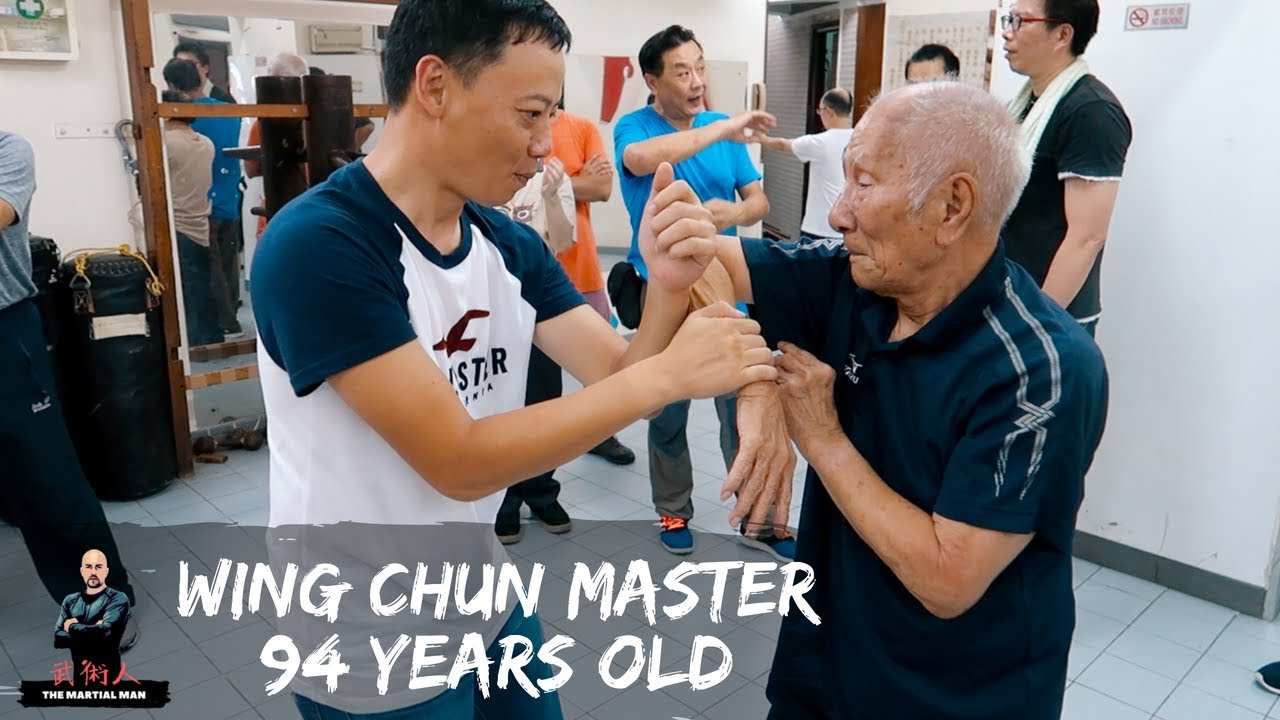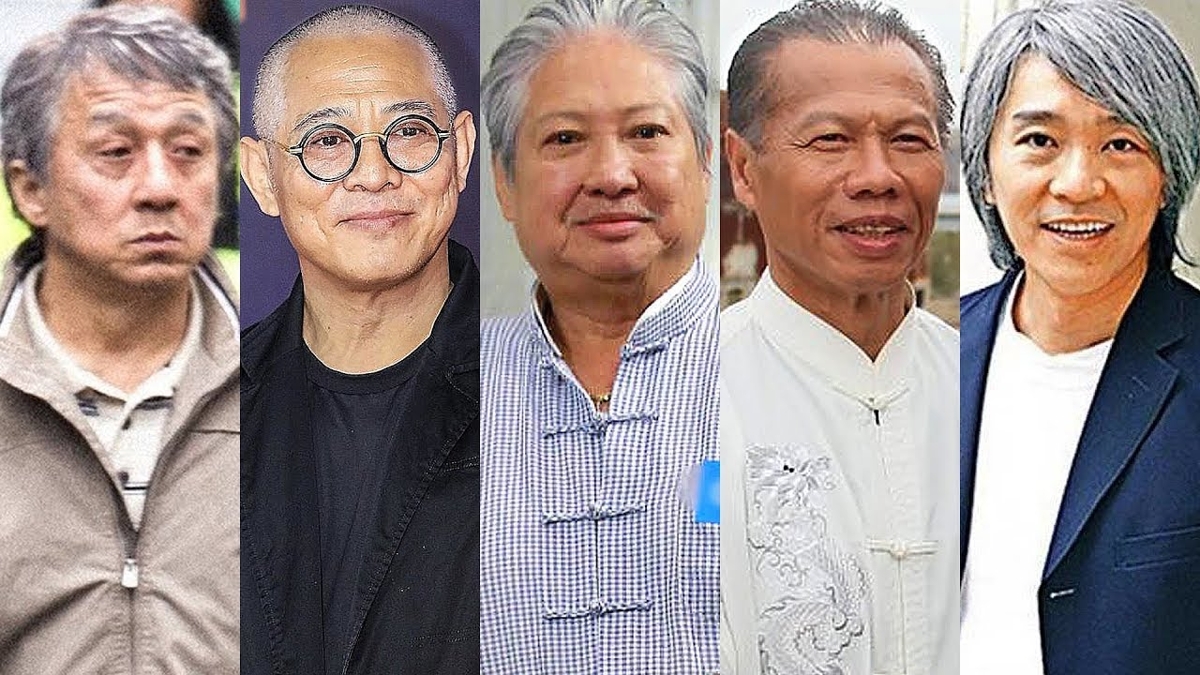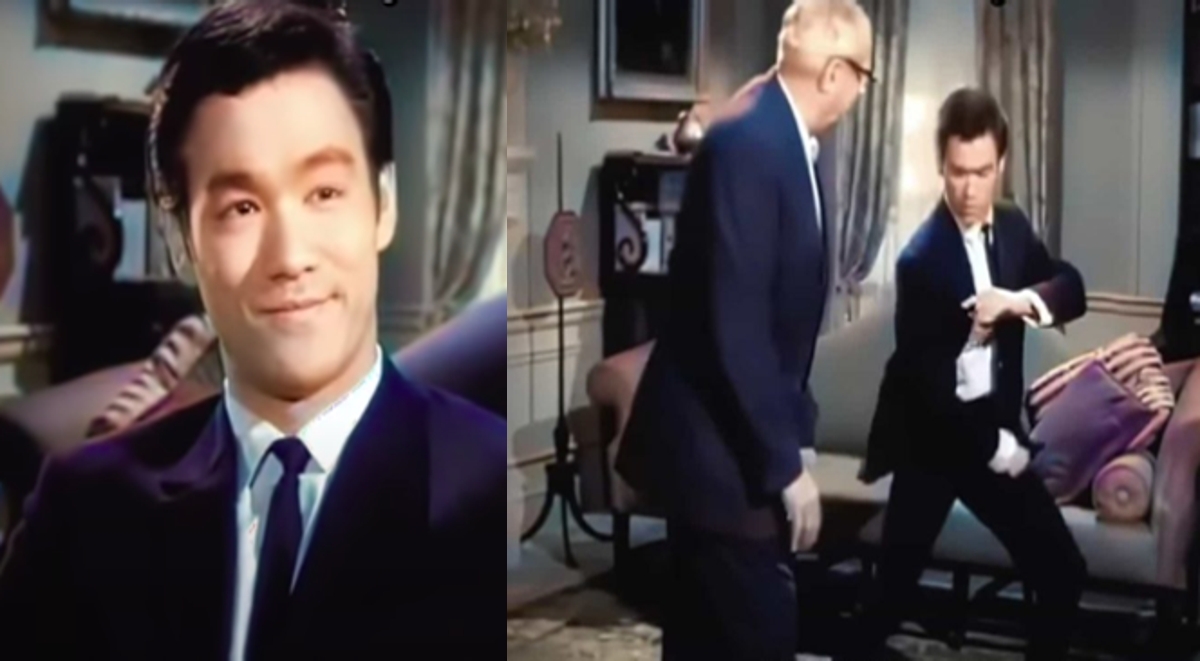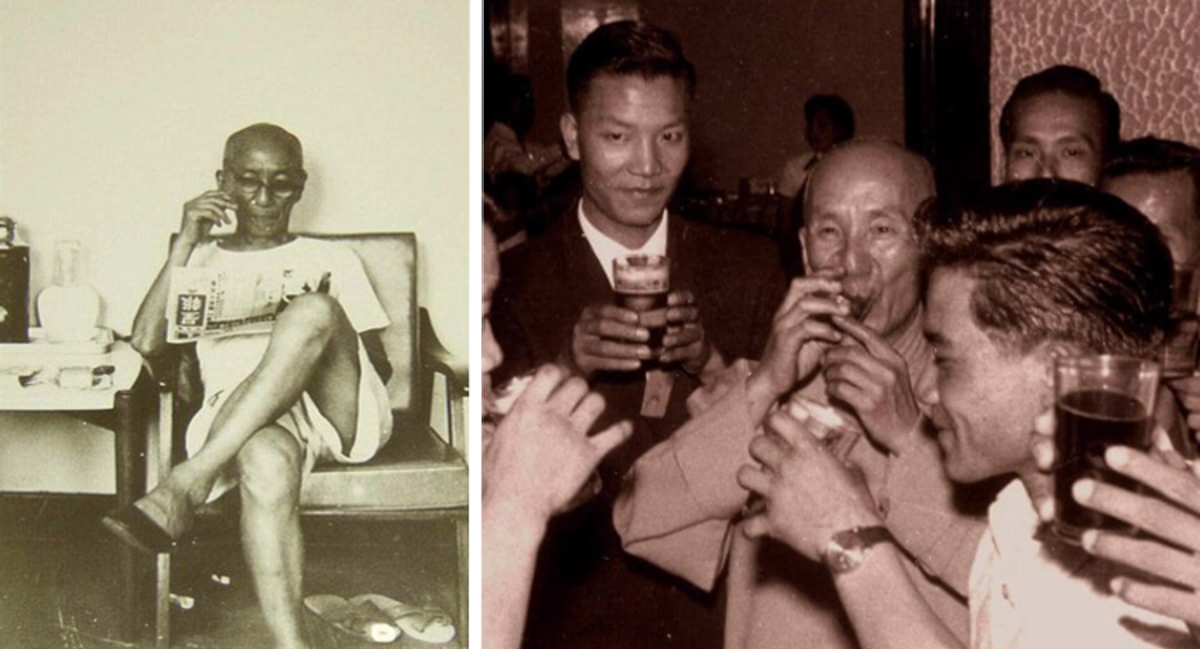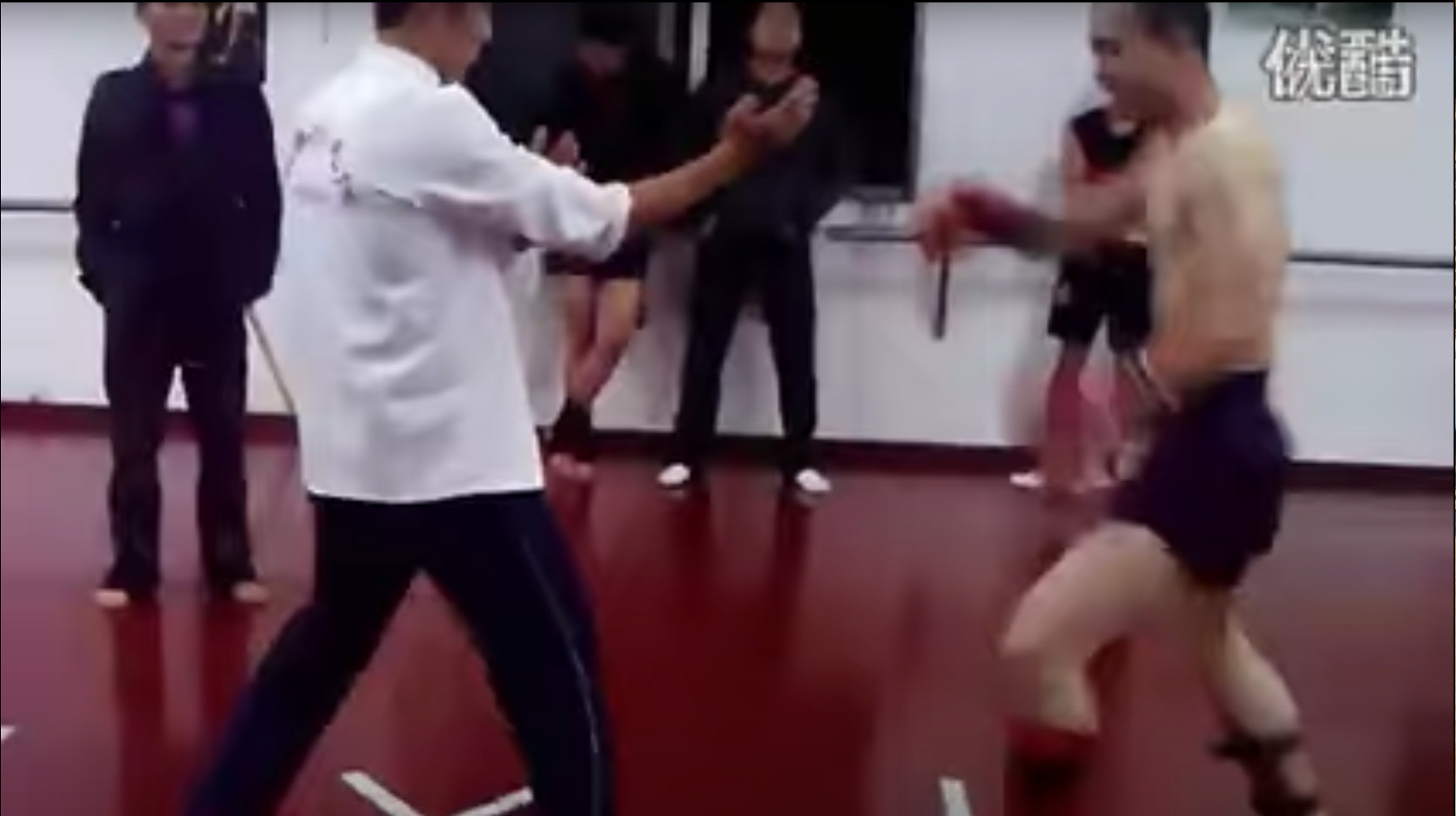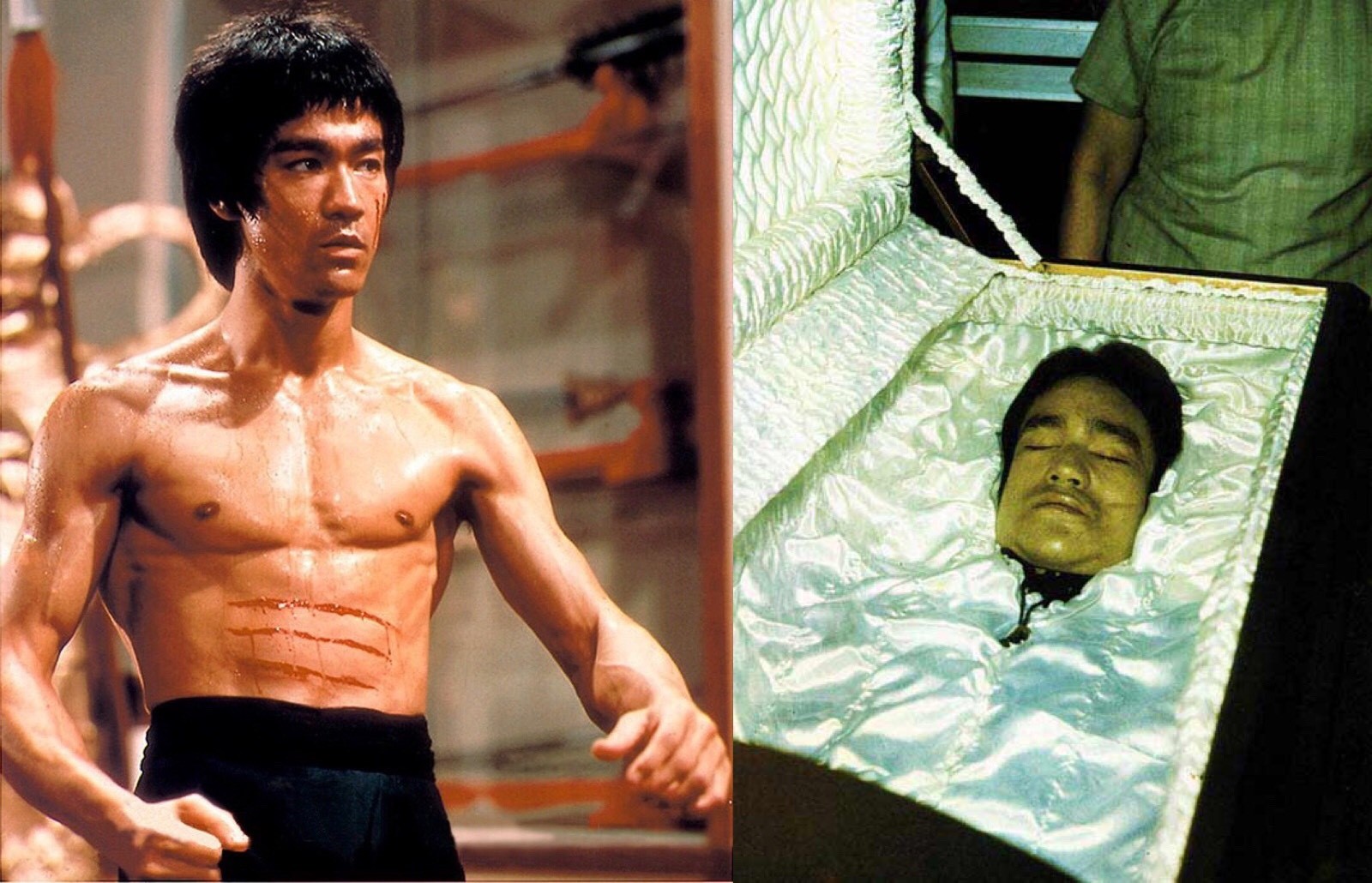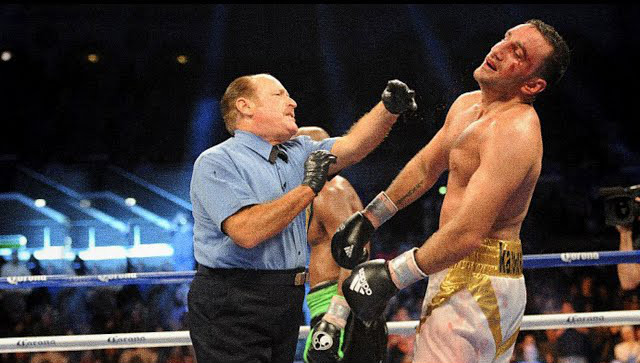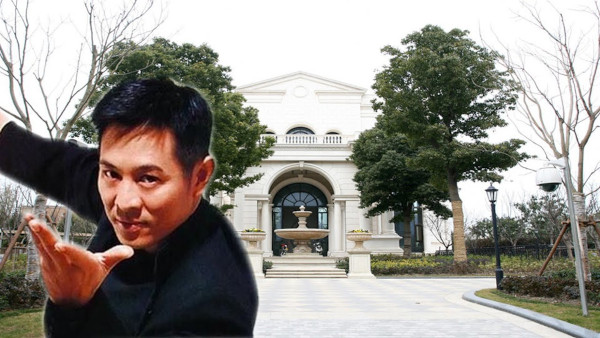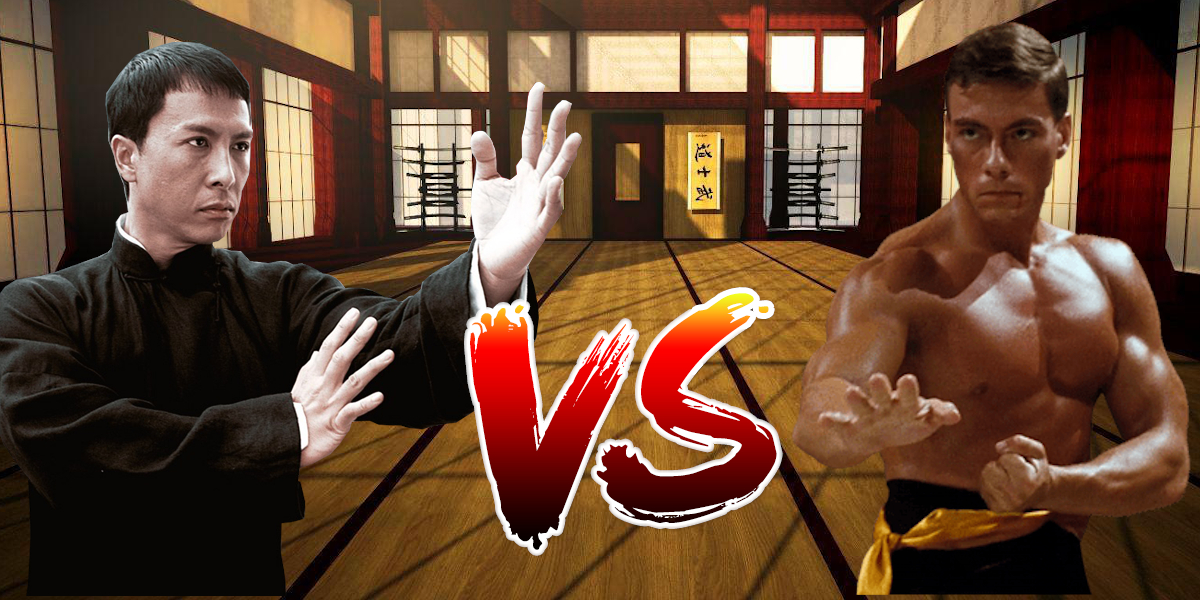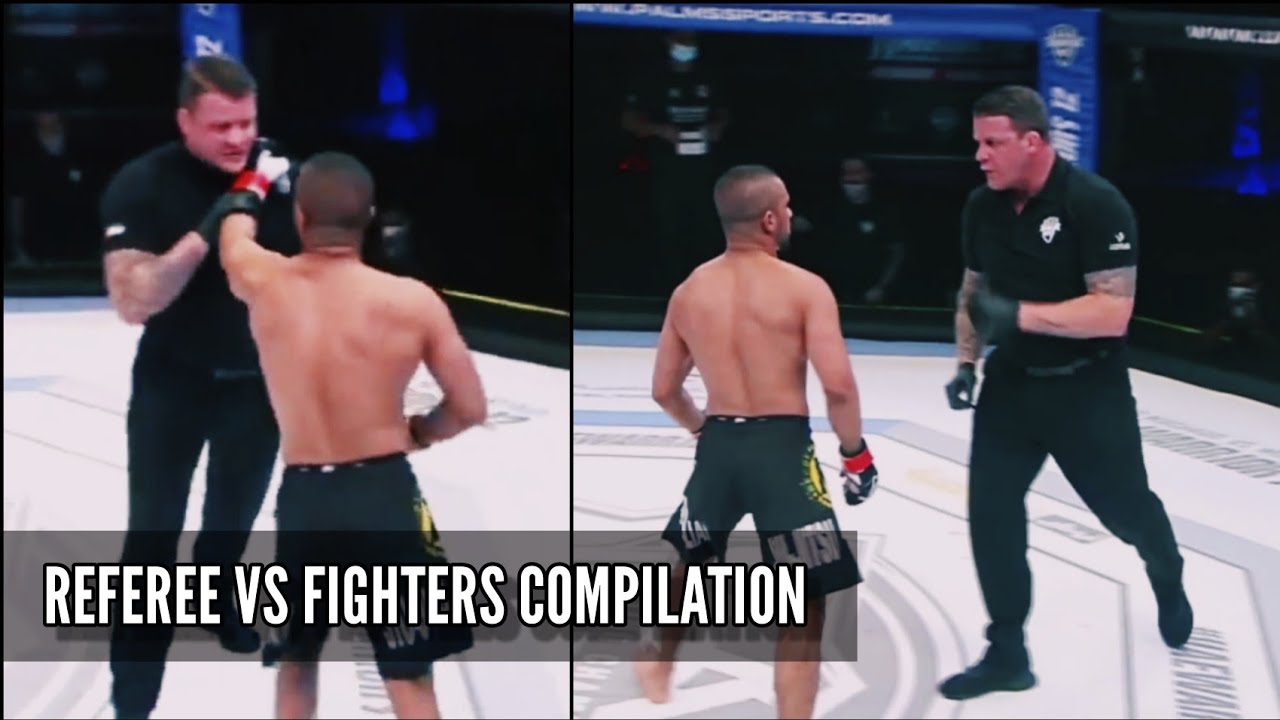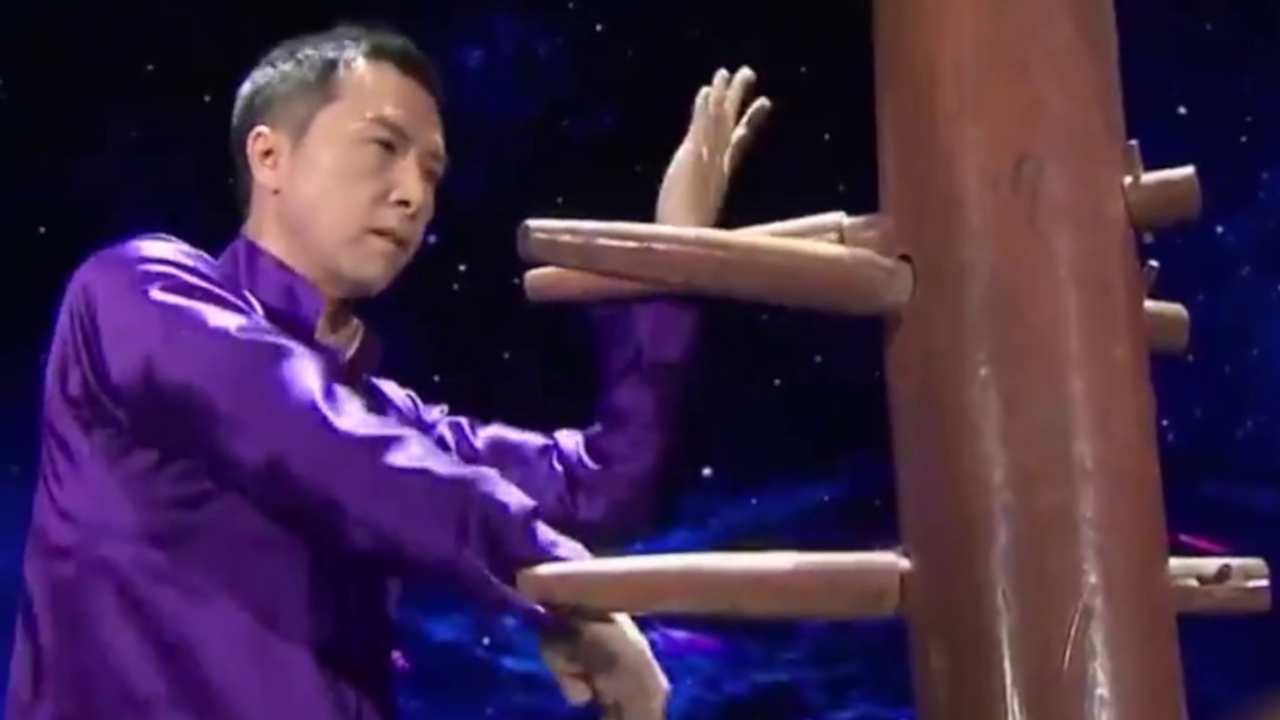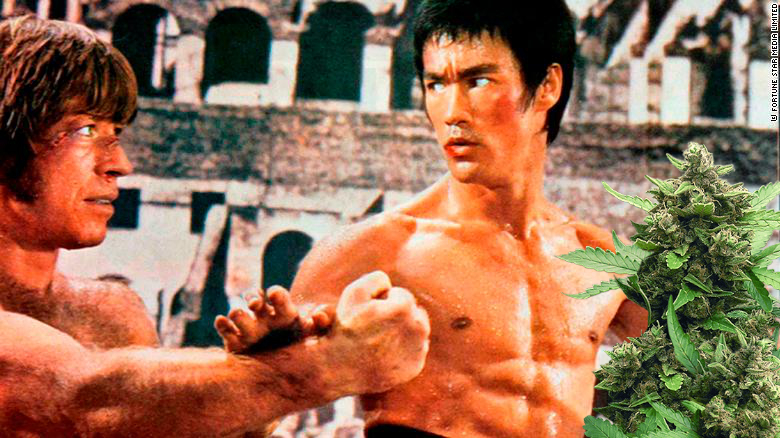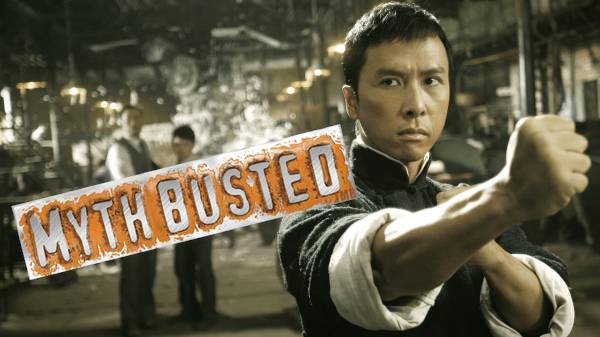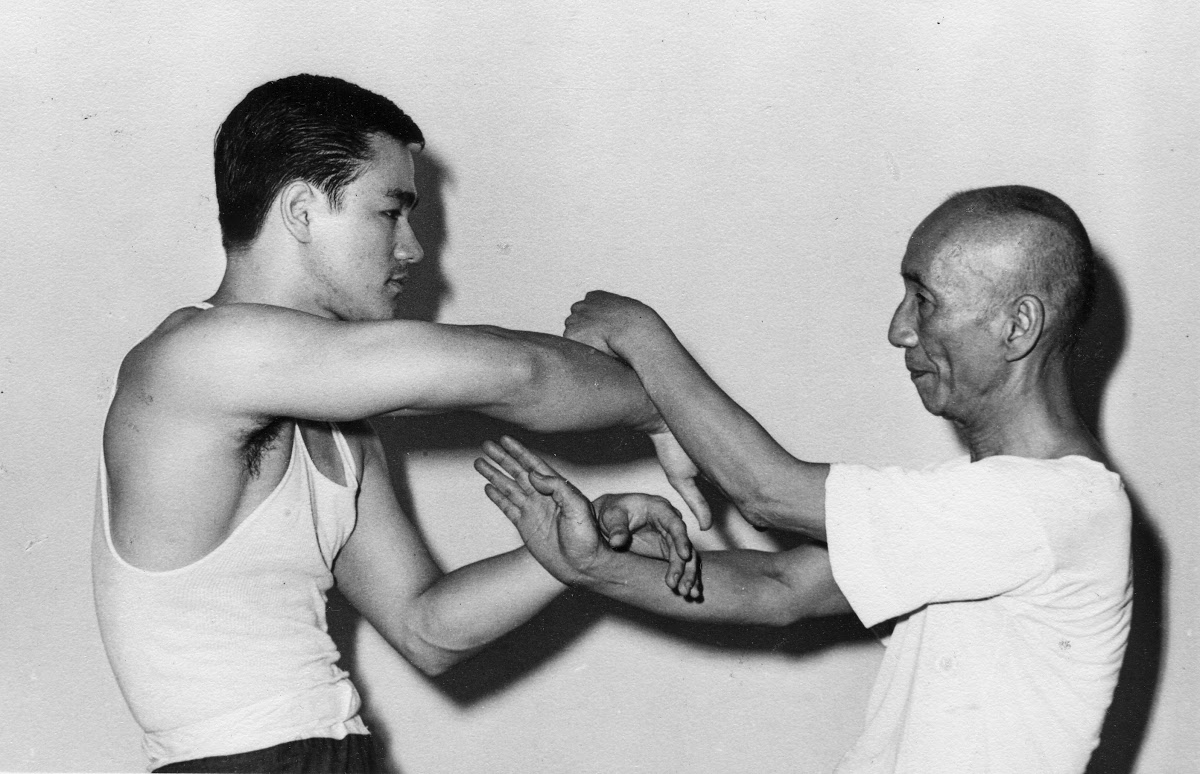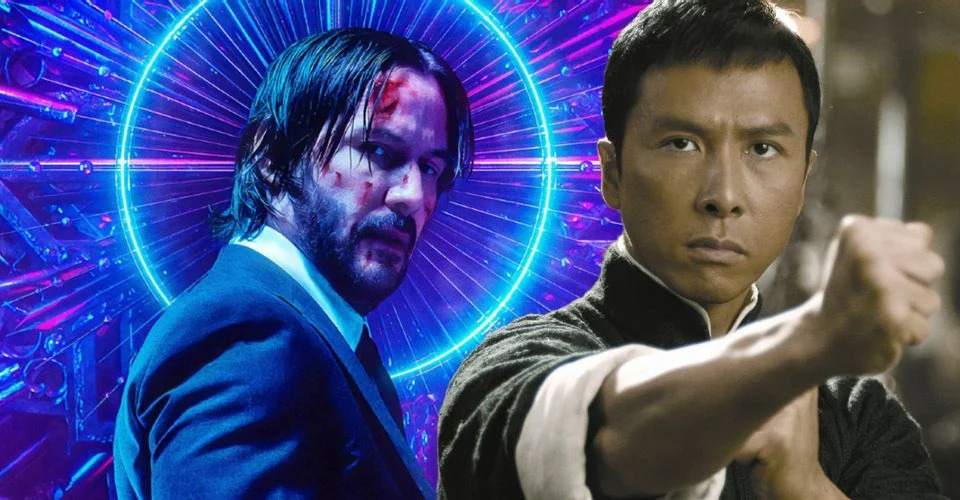Remembering Bruce Lee: The Dragon's Legacy Lives On
Reading time: 5 minutes
Introduction: The Dragon's Legacy
As we commemorate yet another year since the premature departure of the legendary Bruce Lee, it becomes almost impossible not to pause and deeply contemplate the unprecedented and resounding influence that he bestowed upon the world. This impact was not confined merely to the domain of martial arts, where he was an acknowledged master, but rippled outward, touching and shaping global popular culture in ways that were previously unimaginable.
Lee's philosophy and his unique approach to martial arts were truly groundbreaking, setting him apart from his contemporaries. He didn't view martial arts as just a discipline of combat or self-defense, or even a path to physical fitness and agility. To him, it was an art form, a spiritual journey, a philosophy that one could apply to everyday life. His teachings, steeped in wisdom and insight, transcended the boundaries of the physical realm, penetrating the depths of the human psyche, offering fresh, innovative perspectives on life, and challenging existing norms.

His application of martial arts philosophy to life's daily struggles was not just theoretical but highly practical, a holistic approach that harmonized the body, mind, and spirit. His concepts were about fluidity, adaptability, and the capacity to continue growing, learning, and evolving.
Bruce Lee's legacy is not merely one of a martial artist or a movie star, but of a visionary who broadened our understanding of martial arts, reframing it as a tool for personal and spiritual growth. His wisdom continues to illuminate the path for millions around the world, encouraging them to look beyond the apparent and explore the incredible potential that lies within.
The Formative Years: Early Life and Introduction to Wing Chun
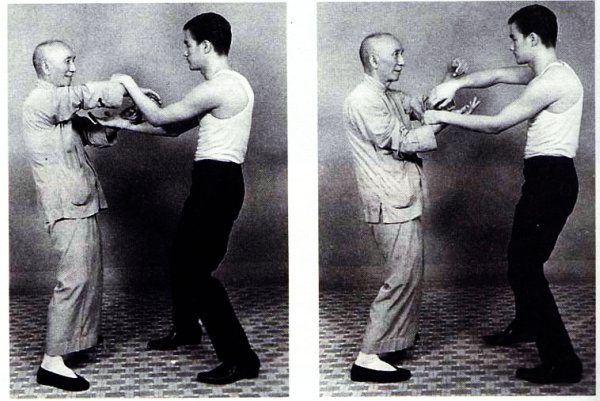

Bruce Lee, though born in San Francisco, was introduced to the world of martial arts in Hong Kong under the tutelage of the legendary Yip Man. This critical journey brought him face-to-face with Wing Chun, a discipline that became instrumental in shaping both his life and career.
Wing Chun's emphasis on technique and quick reactions, rather than physical strength, deeply resonated with Lee. More than a martial art, under Yip Man's guidance, it became a blend of physical discipline and ancient philosophy, extending beyond combat into a way of life. Although, even if it's not today's article's main focus, it's important to remember that Bruce Lee was taught by Wong Shun Leung while he was studying at Yip Man's School.
This transformative period under Yip Man served as the foundation for Lee's unique martial arts philosophy - Jeet Kune Do. Wing Chun's influence seeped into his worldview, impacting his martial arts practice and acting career. As Lee moved from the vibrant streets of Hong Kong to Hollywood's limelight, Wing Chun's teachings remained a steadfast anchor, becoming an integral part of his enduring legacy.
The Philosophy of Wing Chun and its Impact on Bruce
Bruce's connection with Wing Chun was deep and everlasting. He embraced its focus on technique over brute strength, intellect over aggression. It's here where he learned that the smallest of strikers could topple the mightiest of foes. It formed the foundation for what would eventually evolve into his unique martial art style, Jeet Kune Do.
Bruce Lee and Hollywood: Changing the Narrative
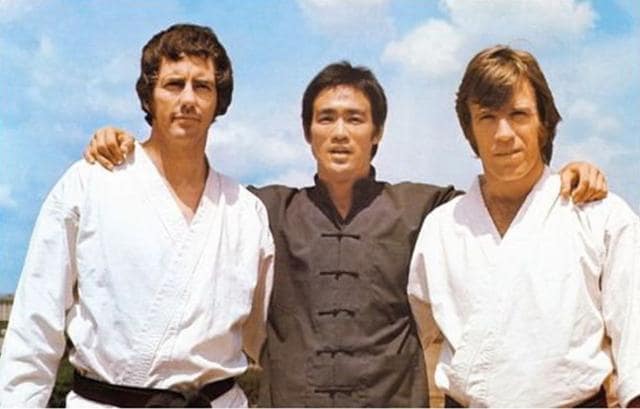
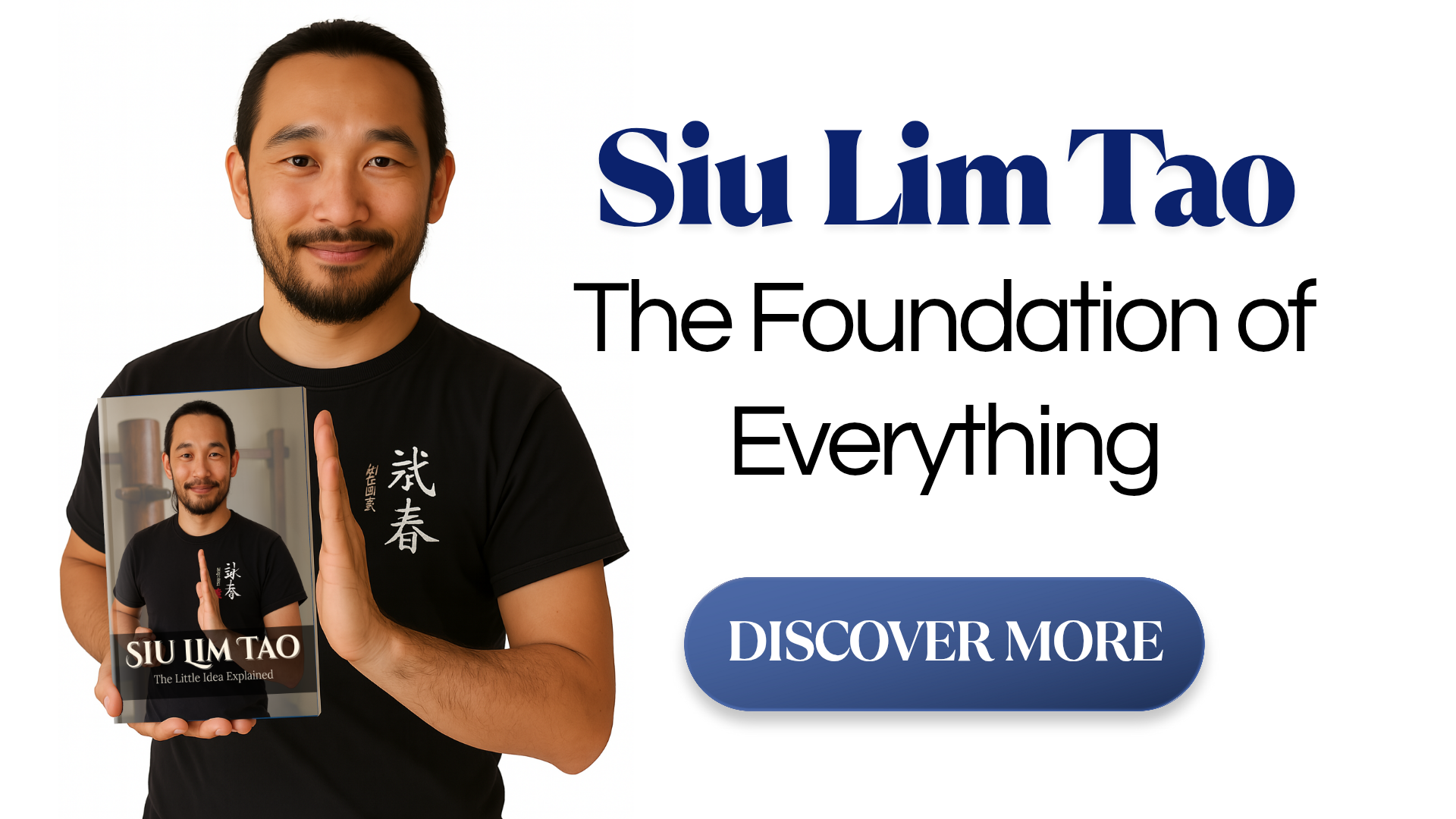
However, Bruce's influence was not limited to the dojo. He took his passion for martial arts to Hollywood, battling both opponents and stereotypes. With his charisma and skill, he single-handedly catapulted martial arts into mainstream Western cinema. His films, like Enter the Dragon and Fists of Fury, are still celebrated, but more importantly, they brought Eastern martial arts philosophy to the Western audience.
The Philosopher: Life Lessons from Bruce Lee
Beyond his martial prowess, Bruce Lee was a philosopher at heart. His teachings often carried profound wisdom. Consider his famous quote: "Be like water making its way through cracks. Do not be assertive, but adjust to the object, and you shall find a way around or through it." Such philosophies resonate beyond martial arts, offering guidance for handling life's many challenges.
The Enduring Legacy: Impact on Modern Martial Arts and Personal Development
Decades after his untimely death, Bruce Lee's legacy continues to shape modern martial arts, cinema, and even personal development. His teachings, especially those rooted in Wing Chun, remain relevant in today's rapidly changing world.
Conclusion: A Tribute to The Dragon
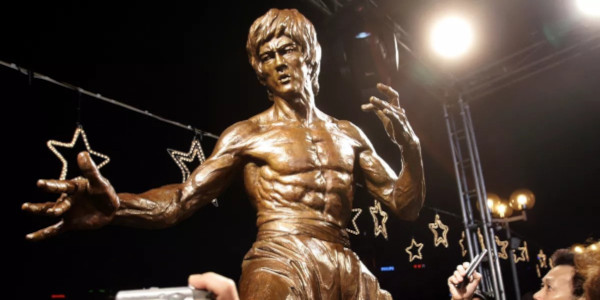
In conclusion, the flame of Bruce Lee's legacy burns bright even today. His philosophies, his teachings, his passion for martial arts, and his love for Wing Chun continue to inspire millions around the world.
For those who are inspired by Bruce Lee and want to delve deeper into the art of Wing Chun, we have an e-book titled Wing Chun: Practical Introduction to Self-Defense. It's a tribute to Bruce Lee's enduring legacy and a guide for those wishing to embark on their own martial arts journey.
Thank you. Your comment will be approved shortly.
Comments
Thank you. Your comment will be approved shortly.
Thank you. Your comment will be approved shortly.
Thank you. Your comment will be approved shortly.
Thank you. Your comment will be approved shortly.
Thank you. Your comment will be approved shortly.

